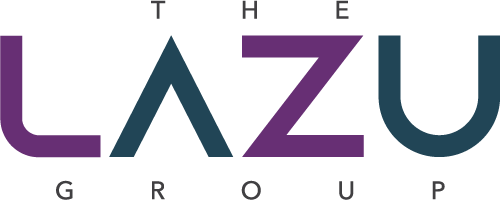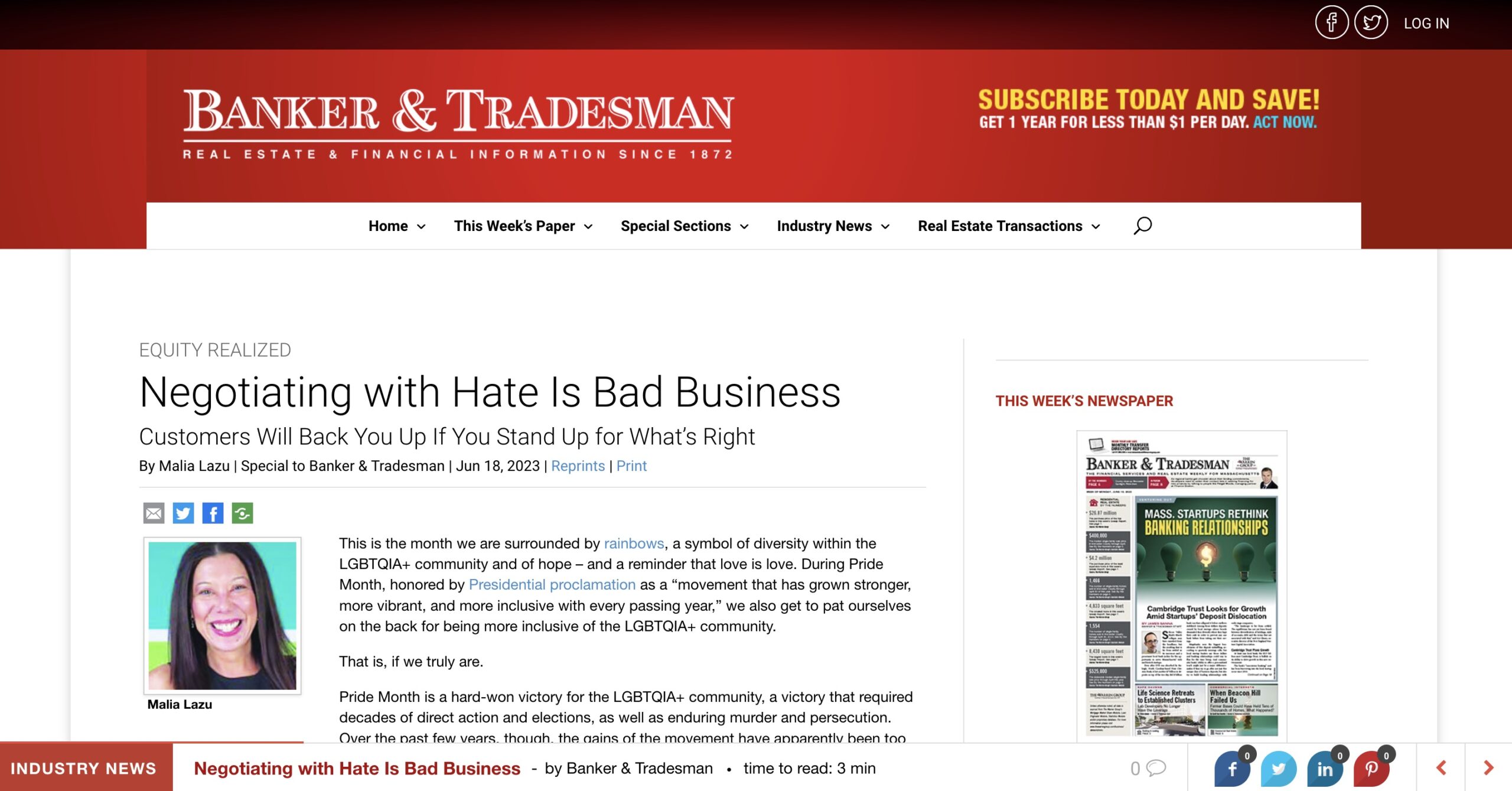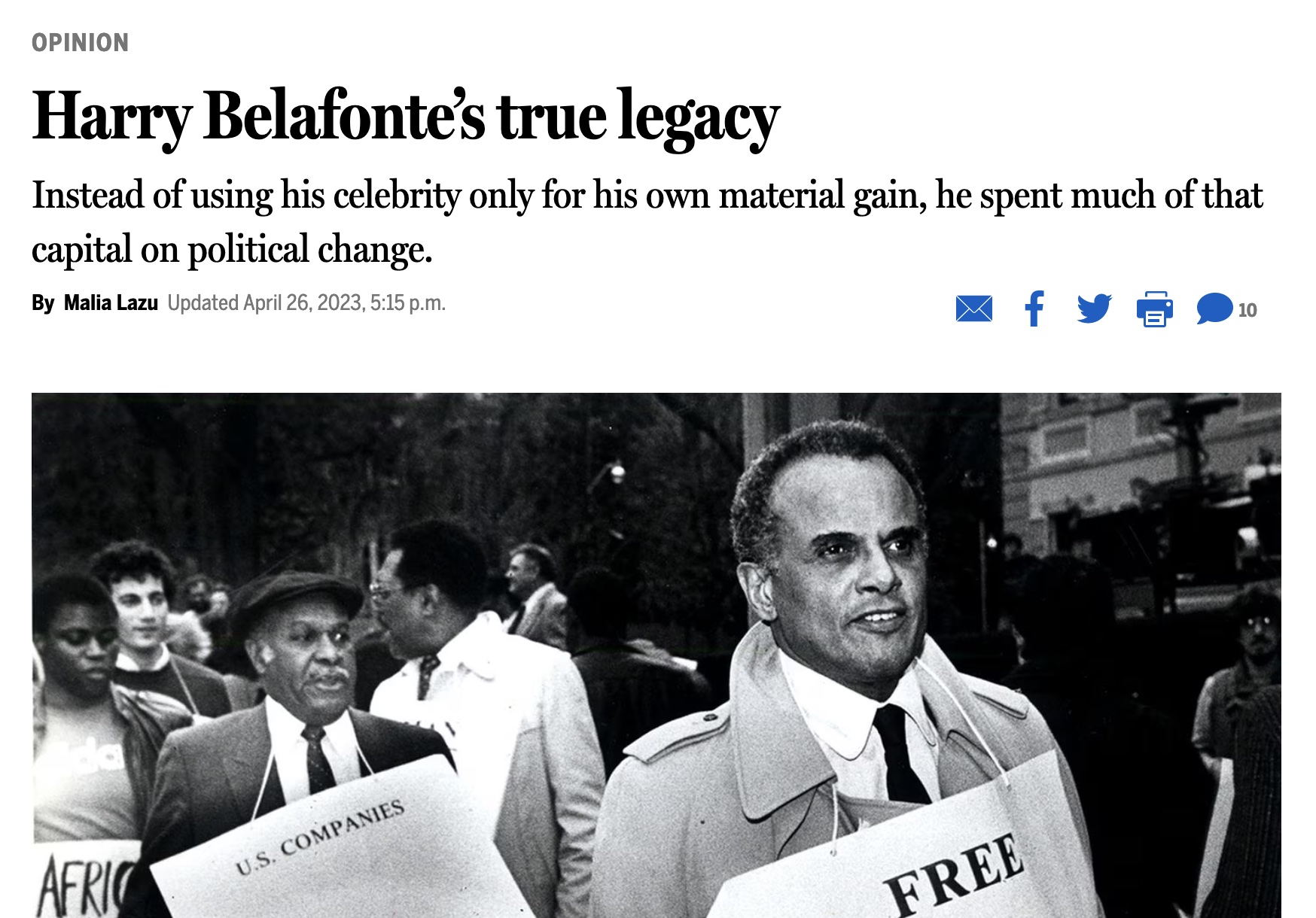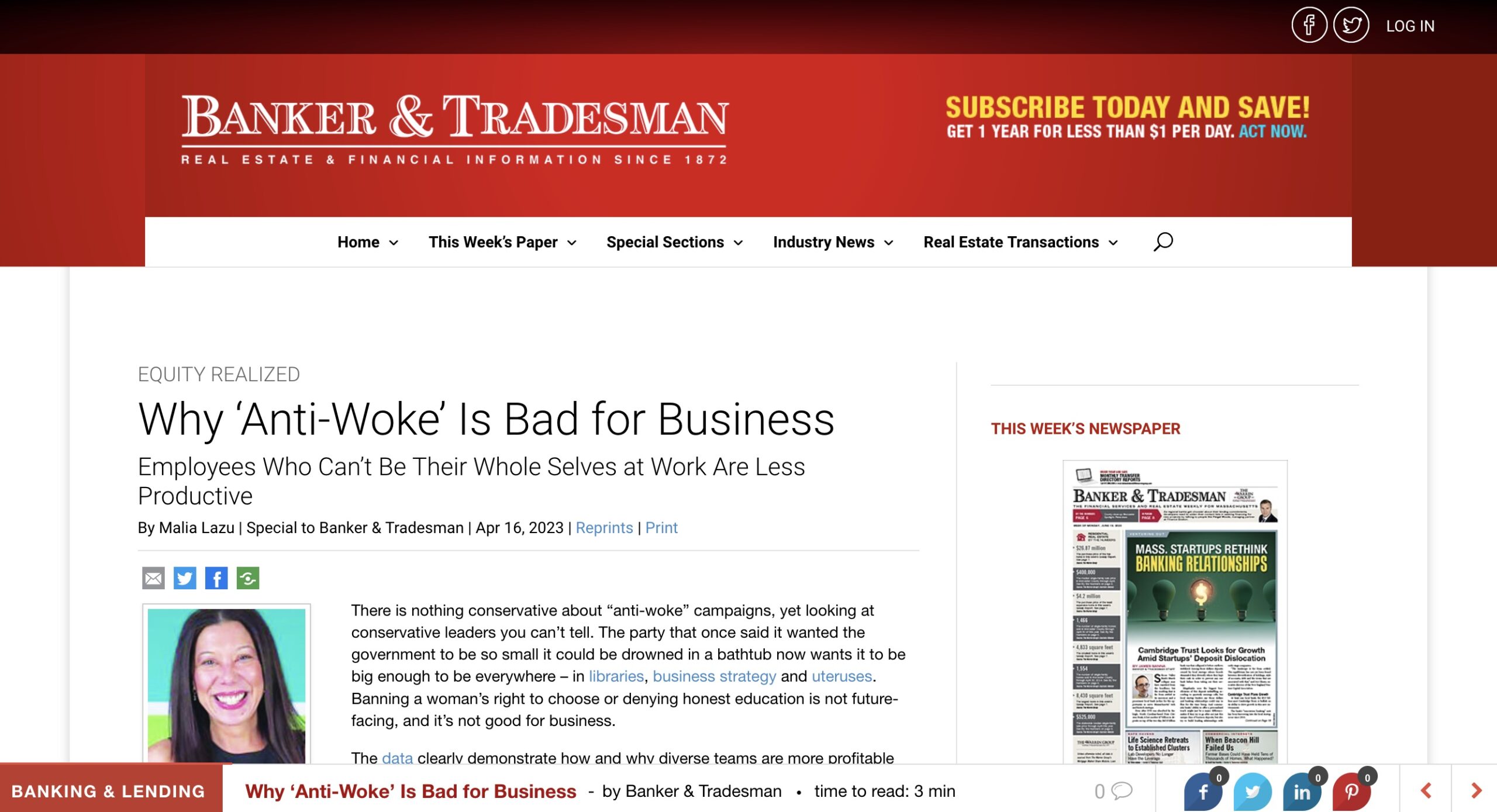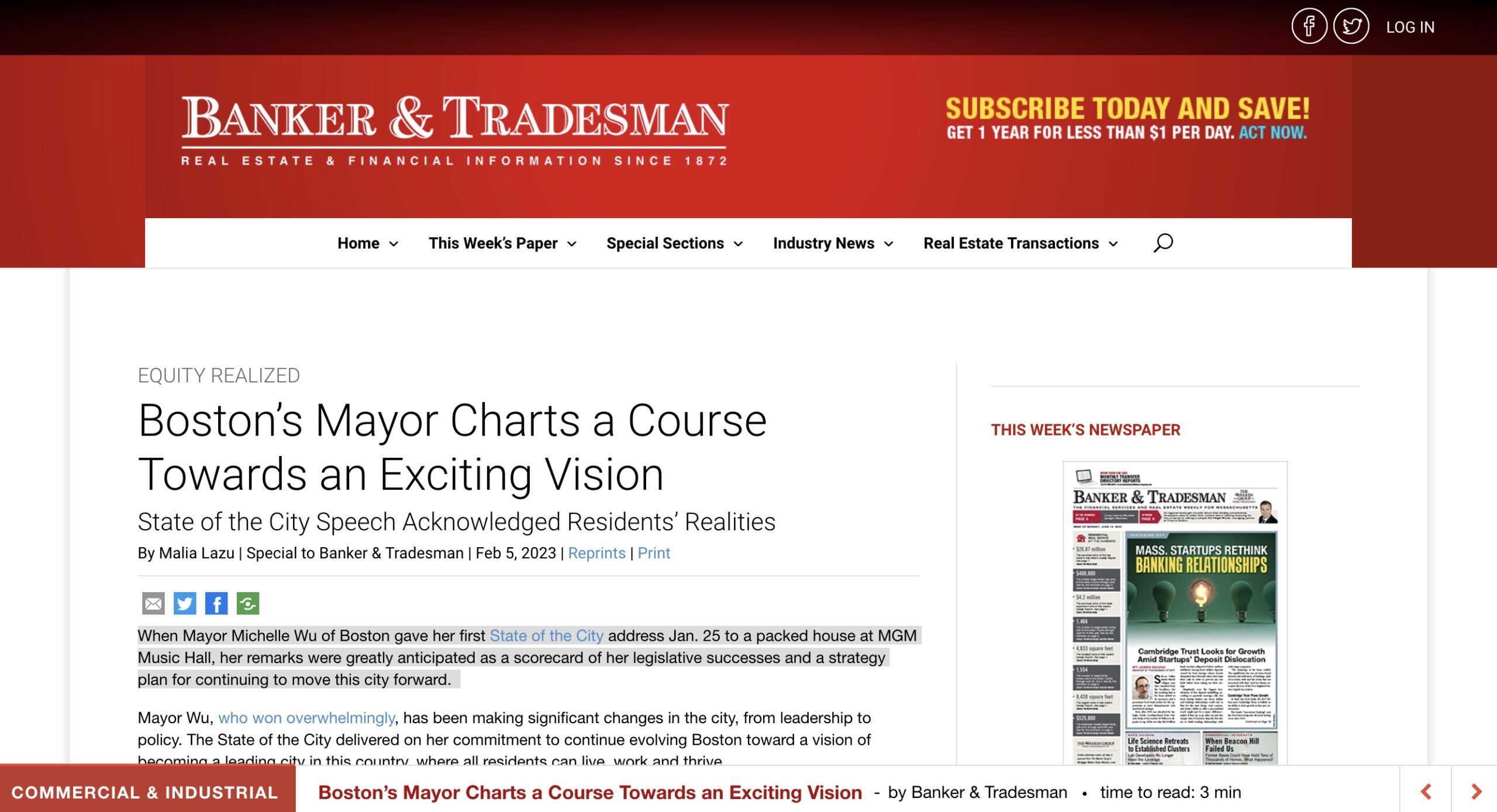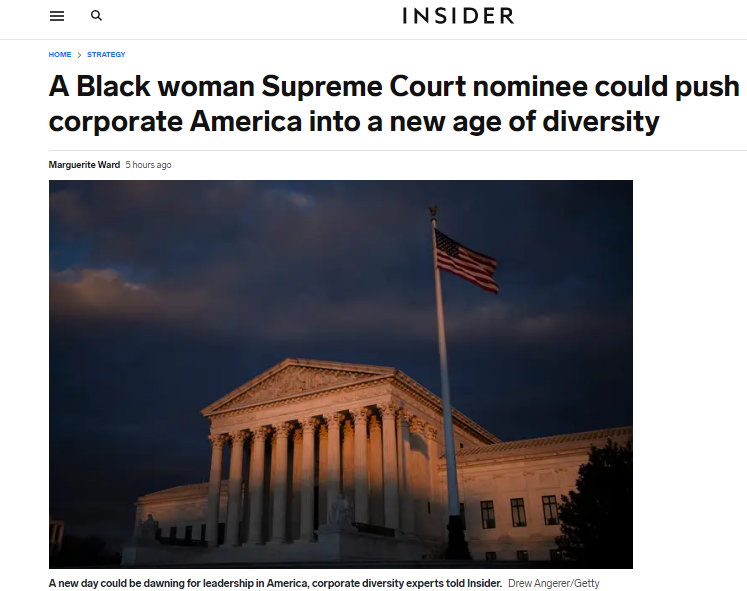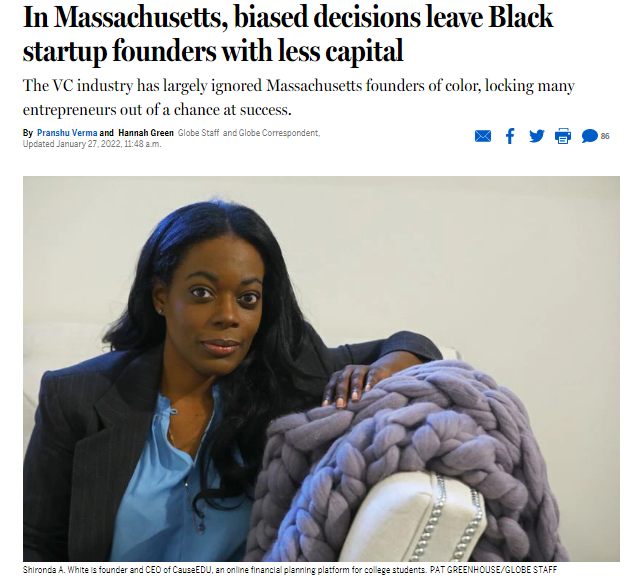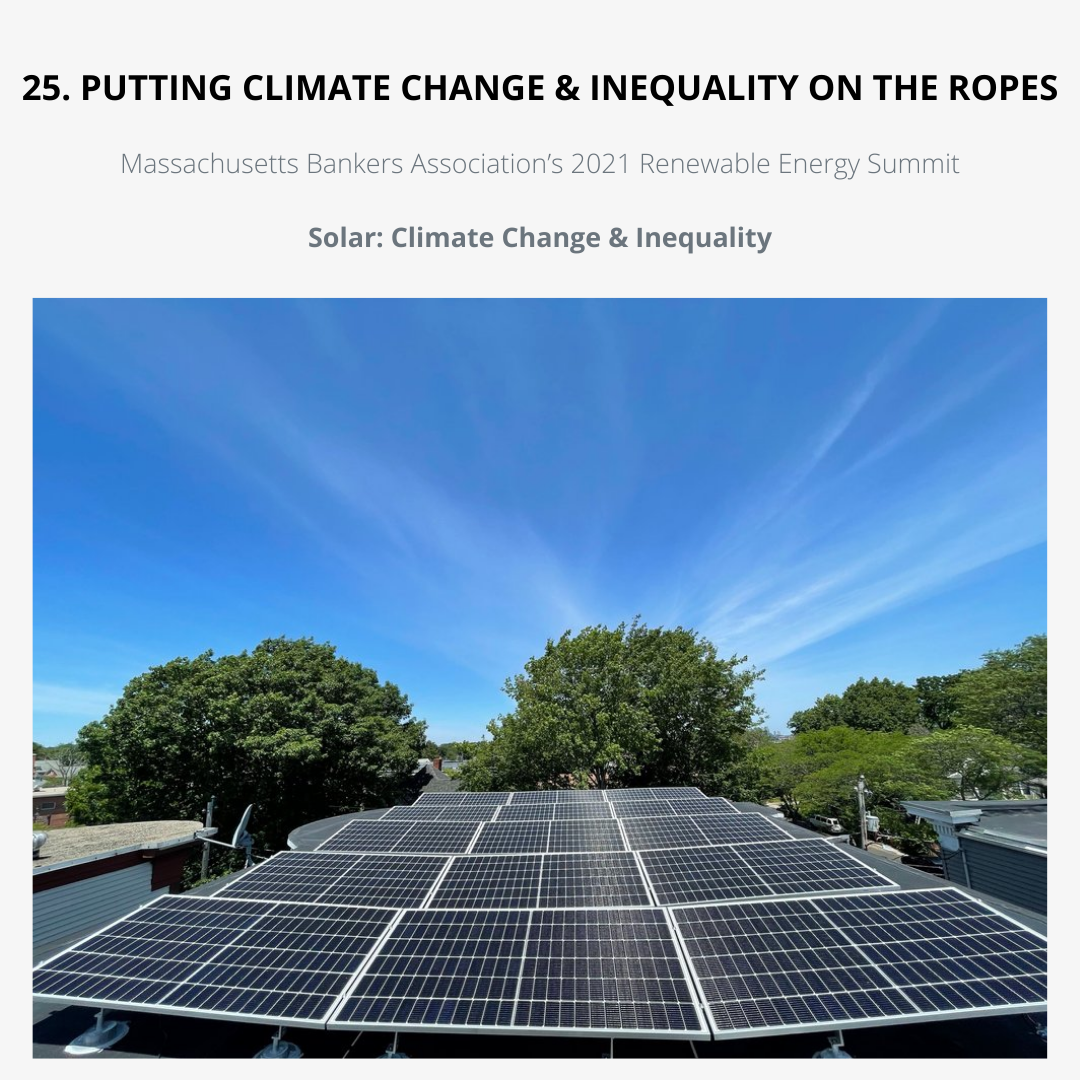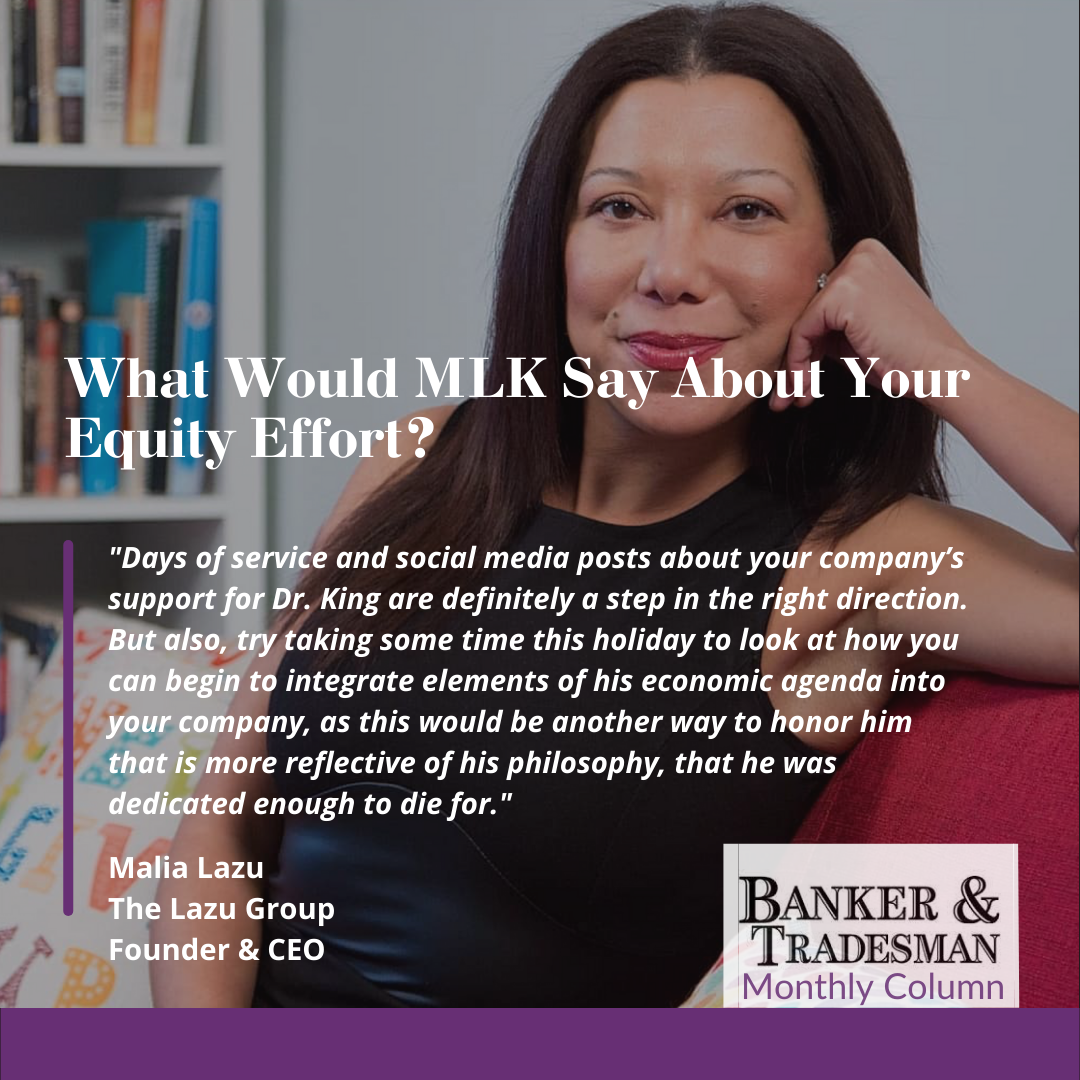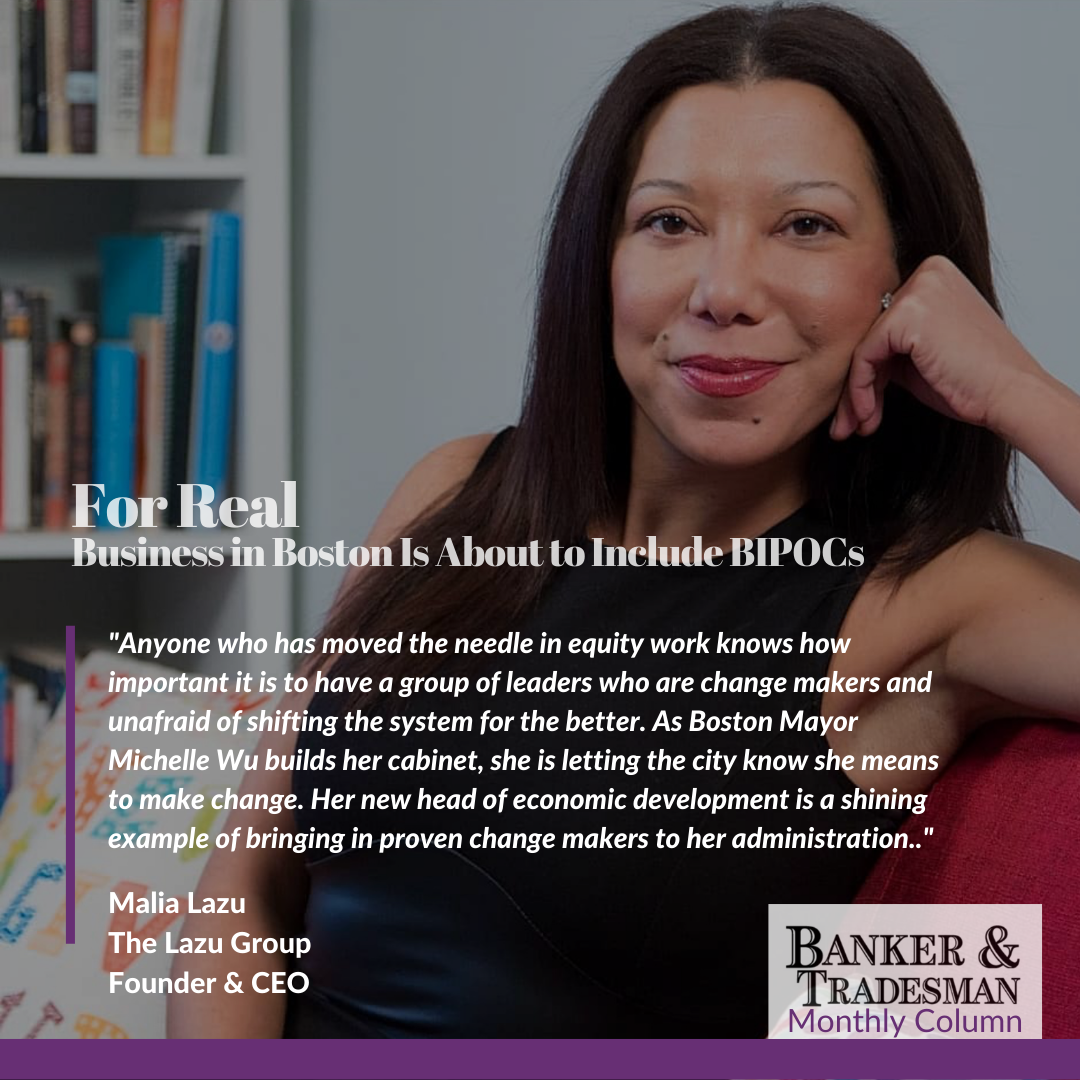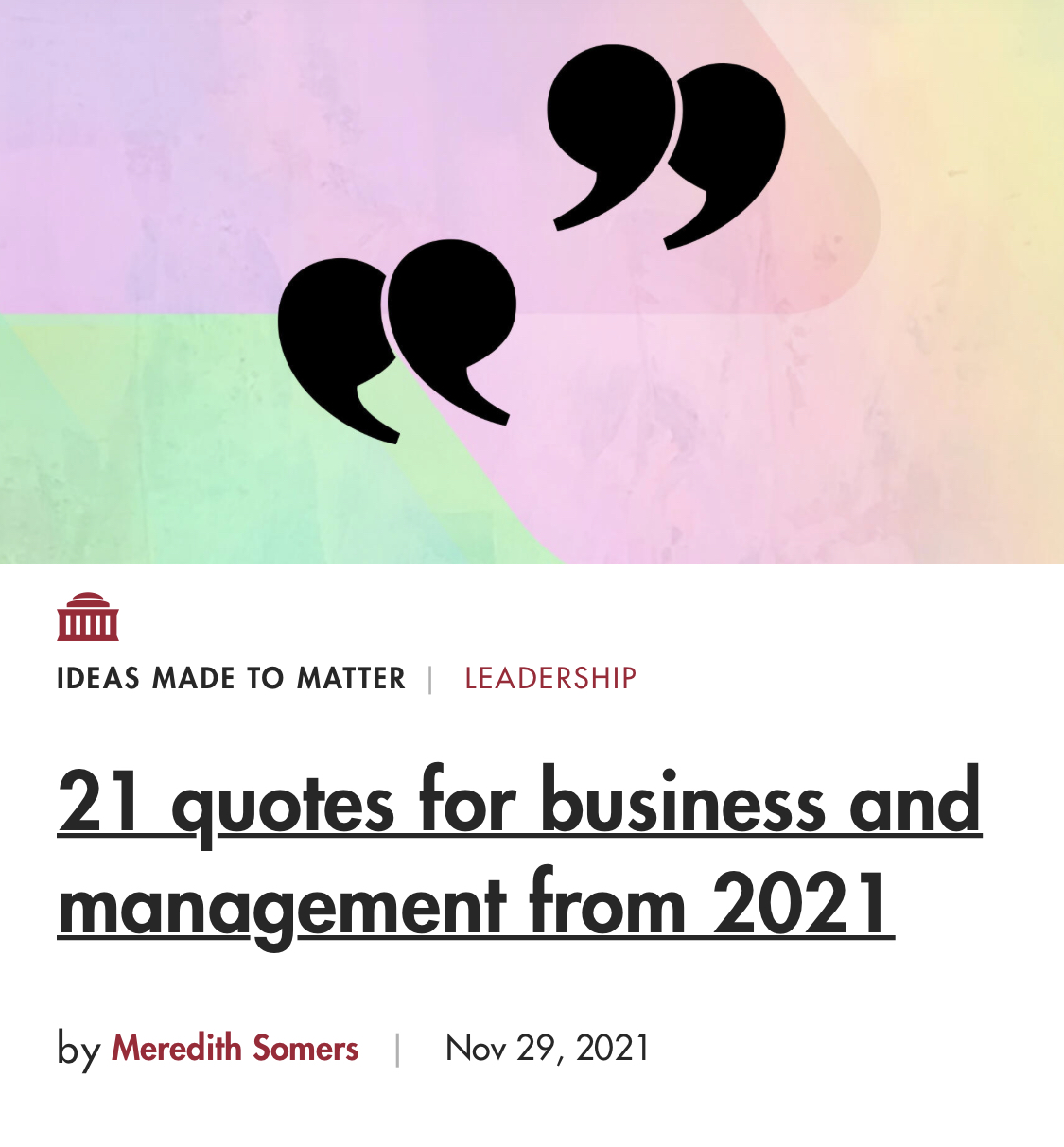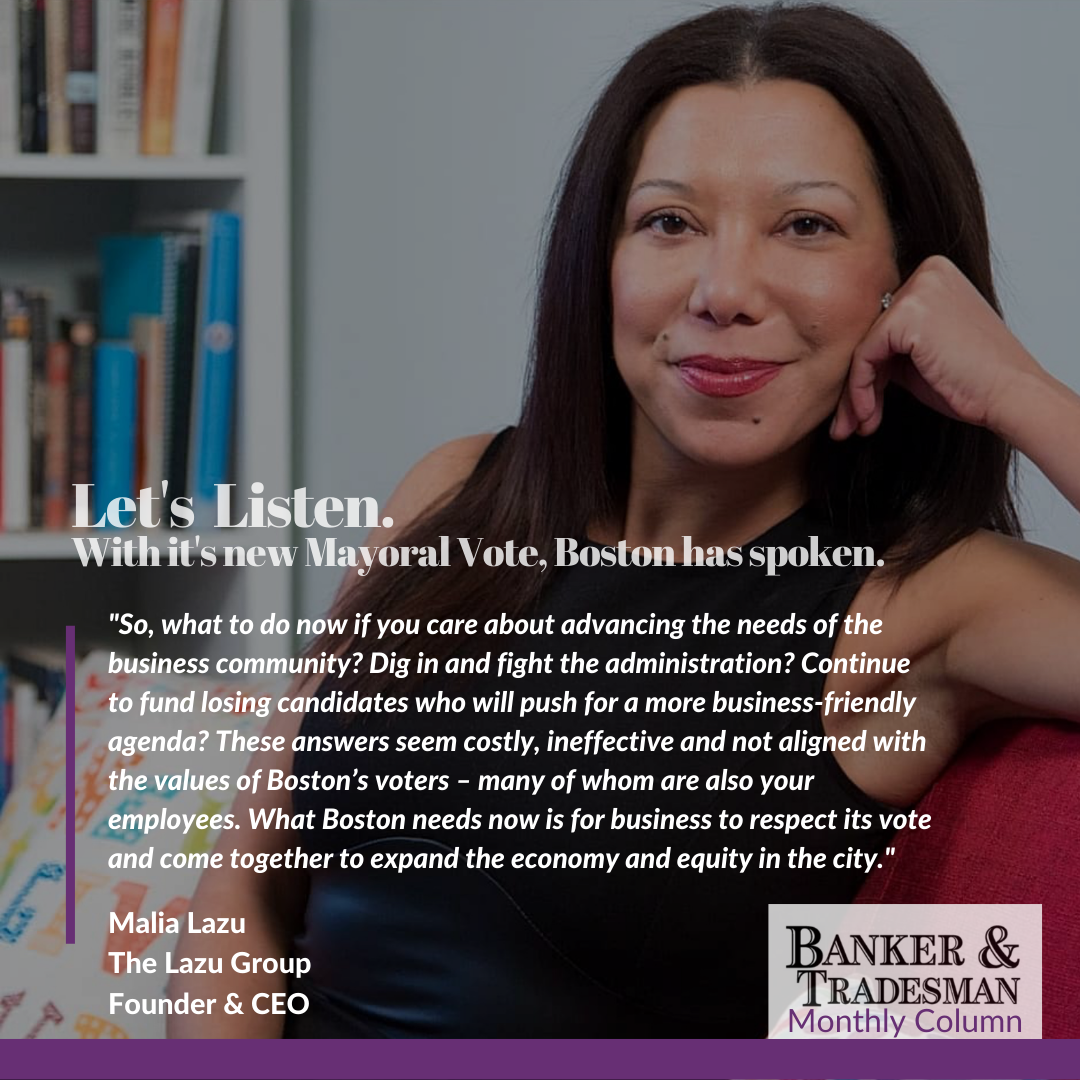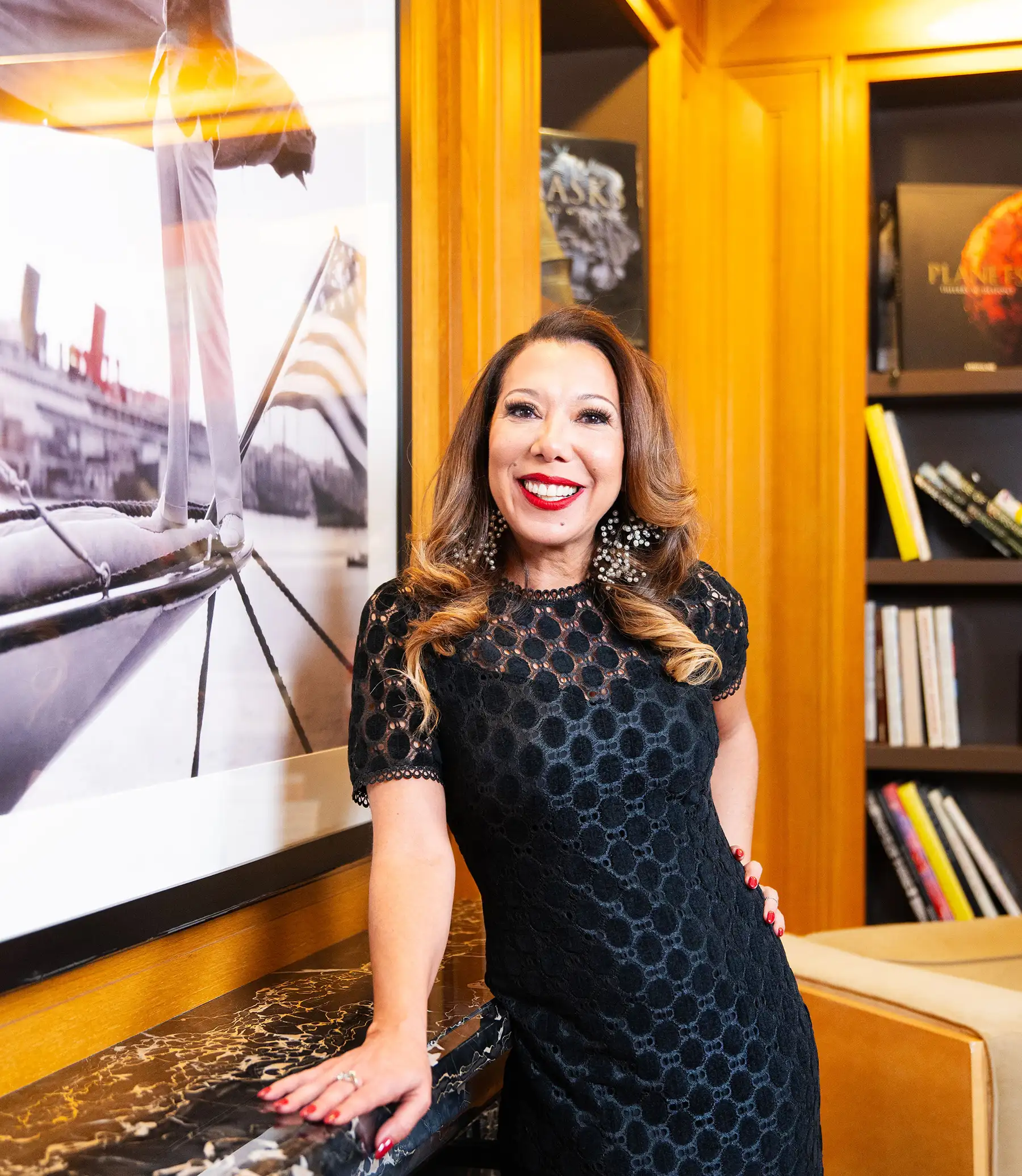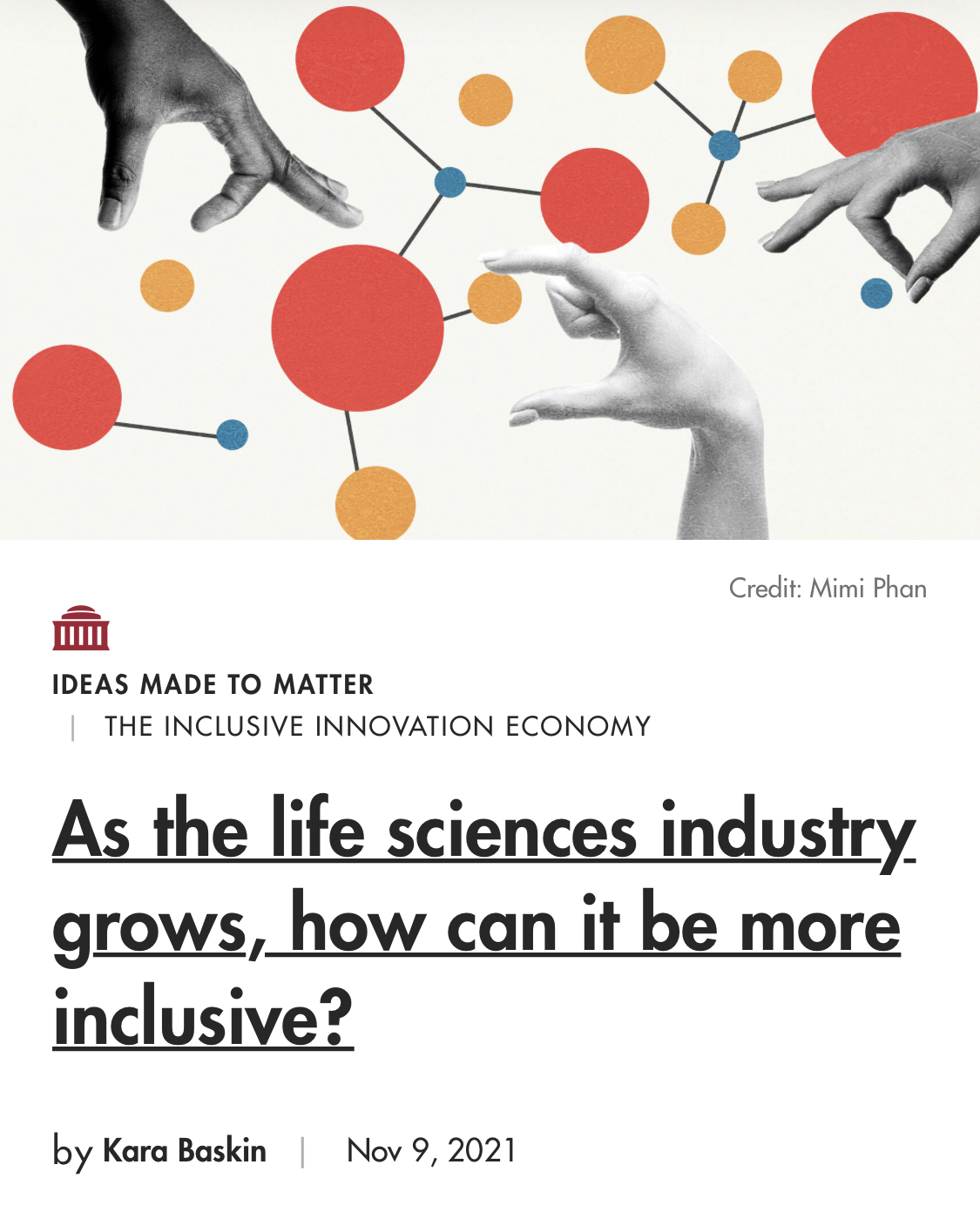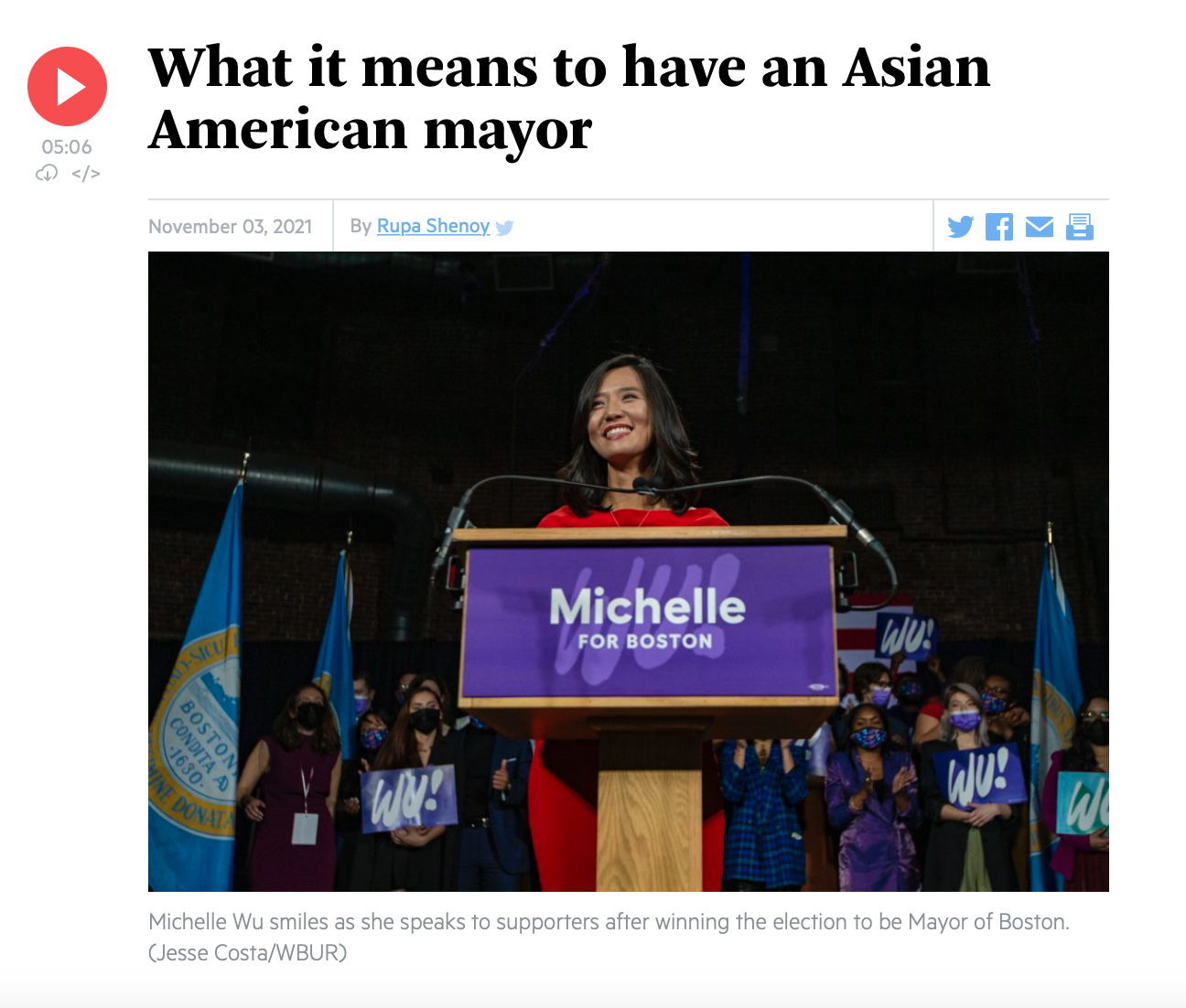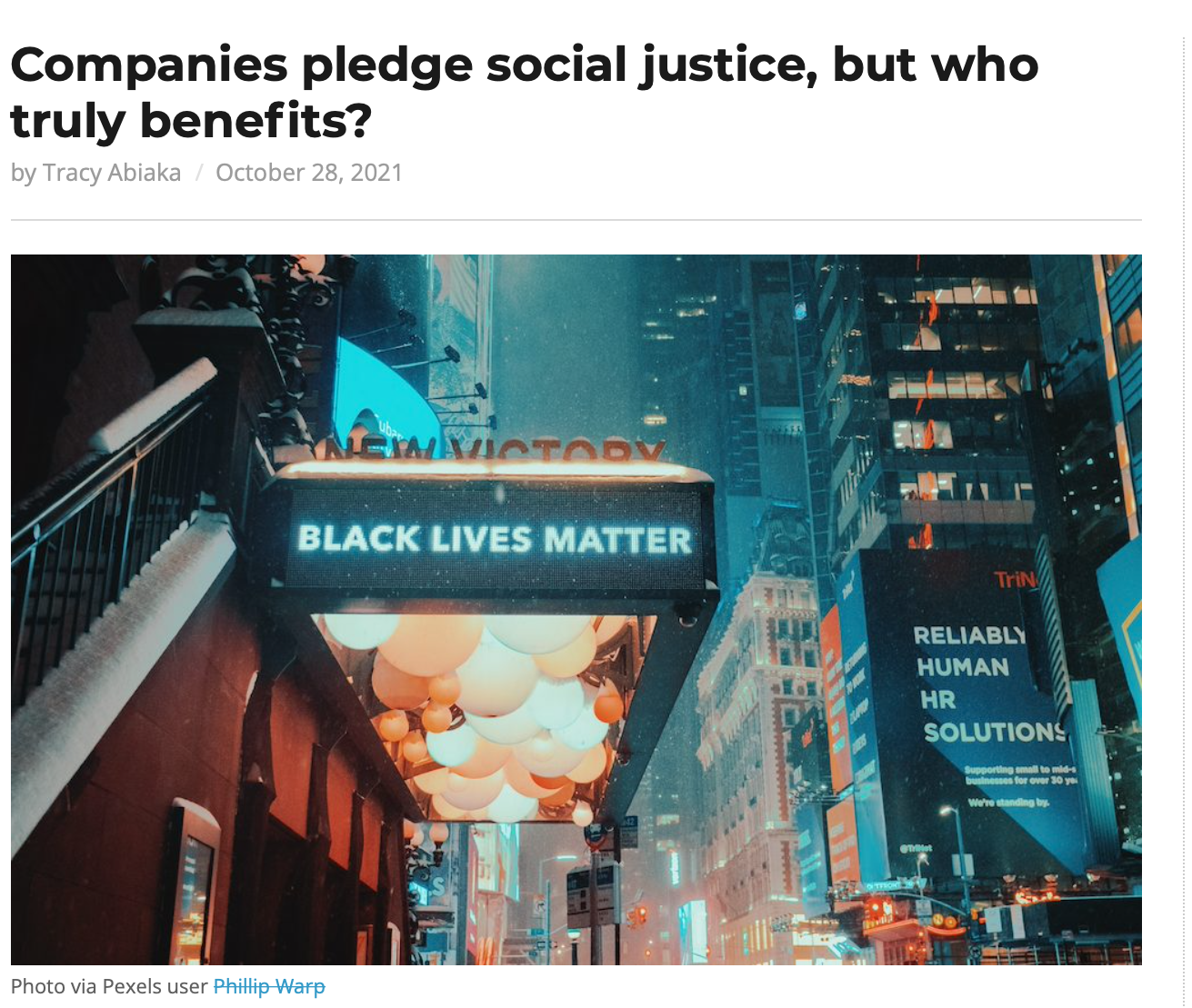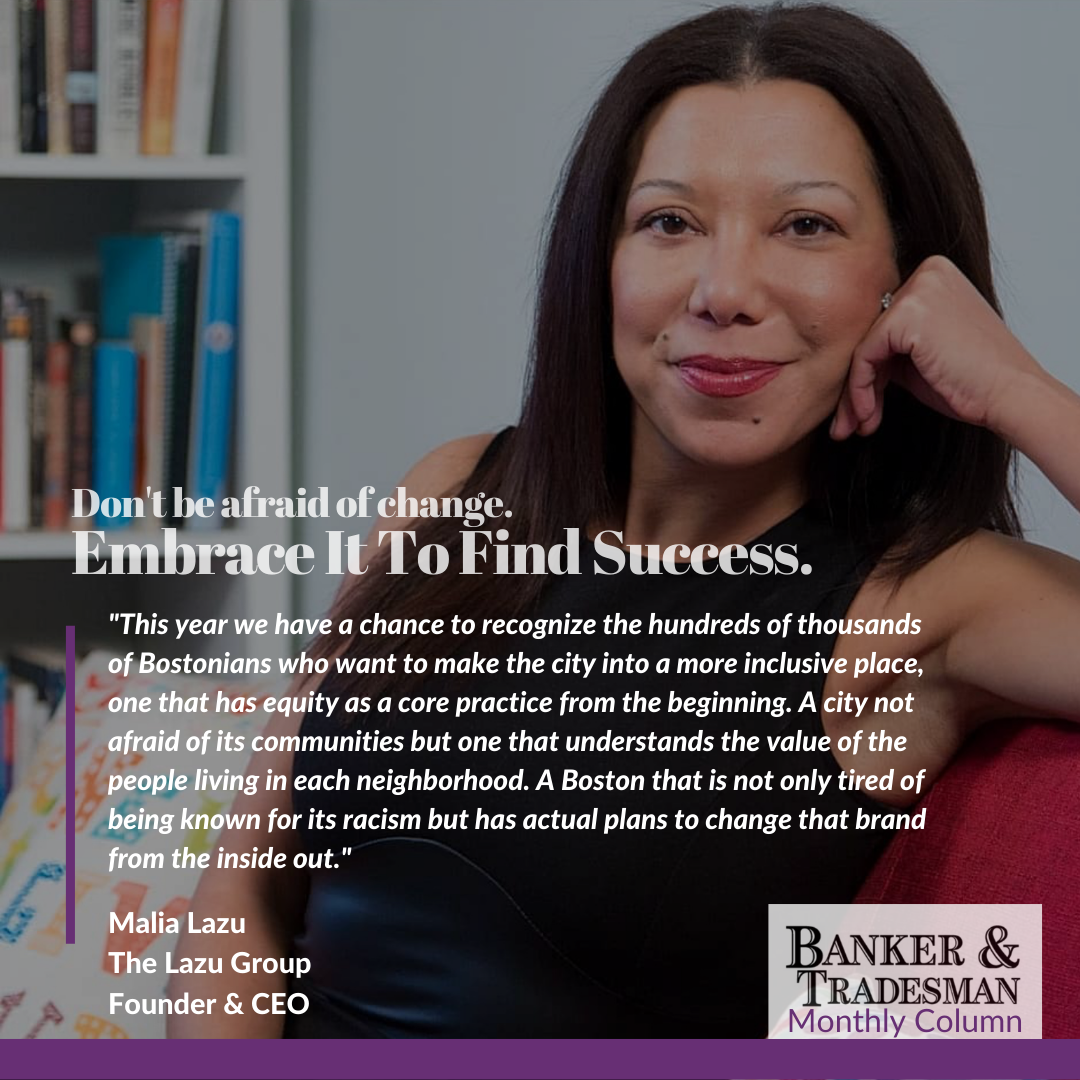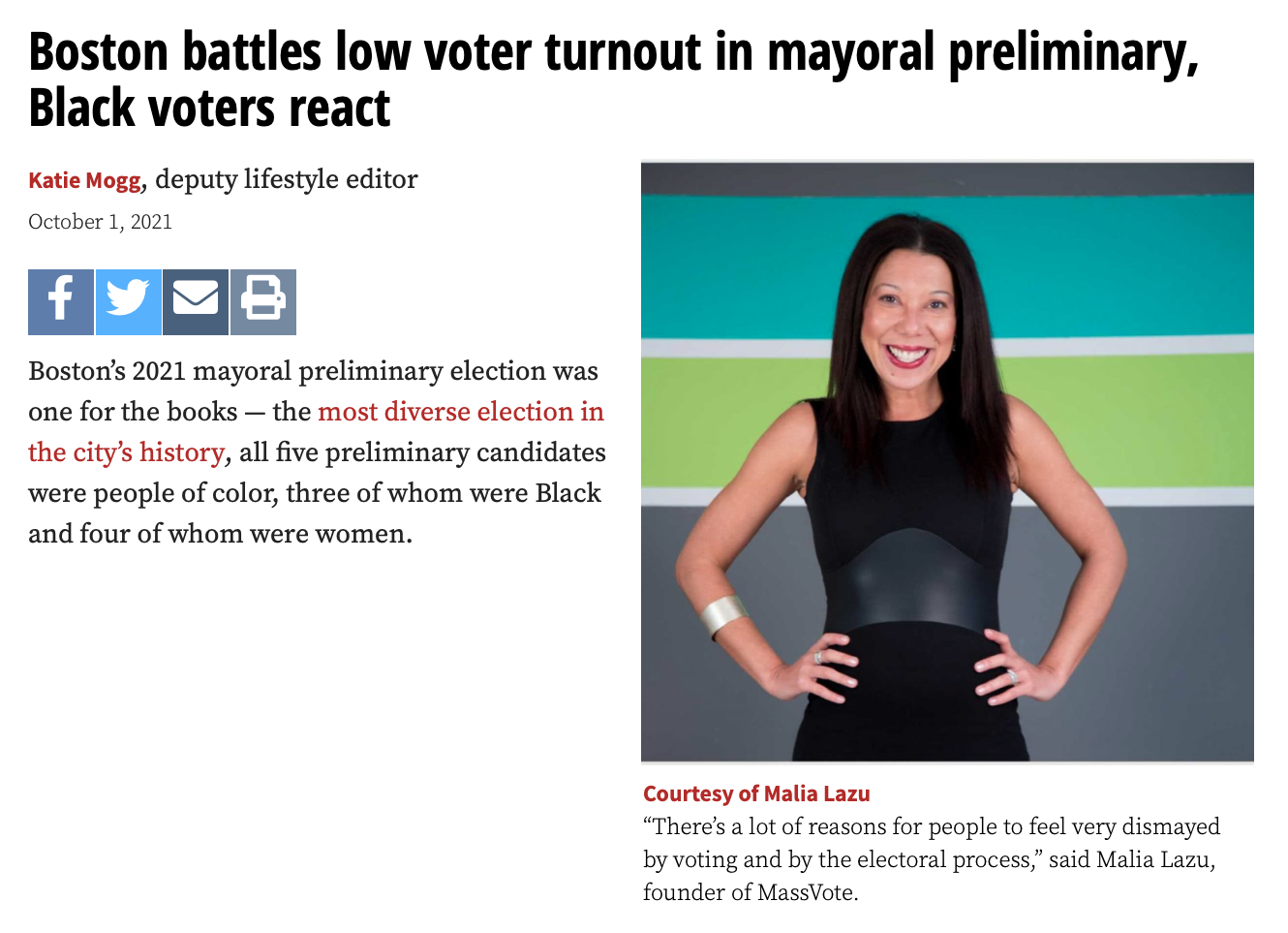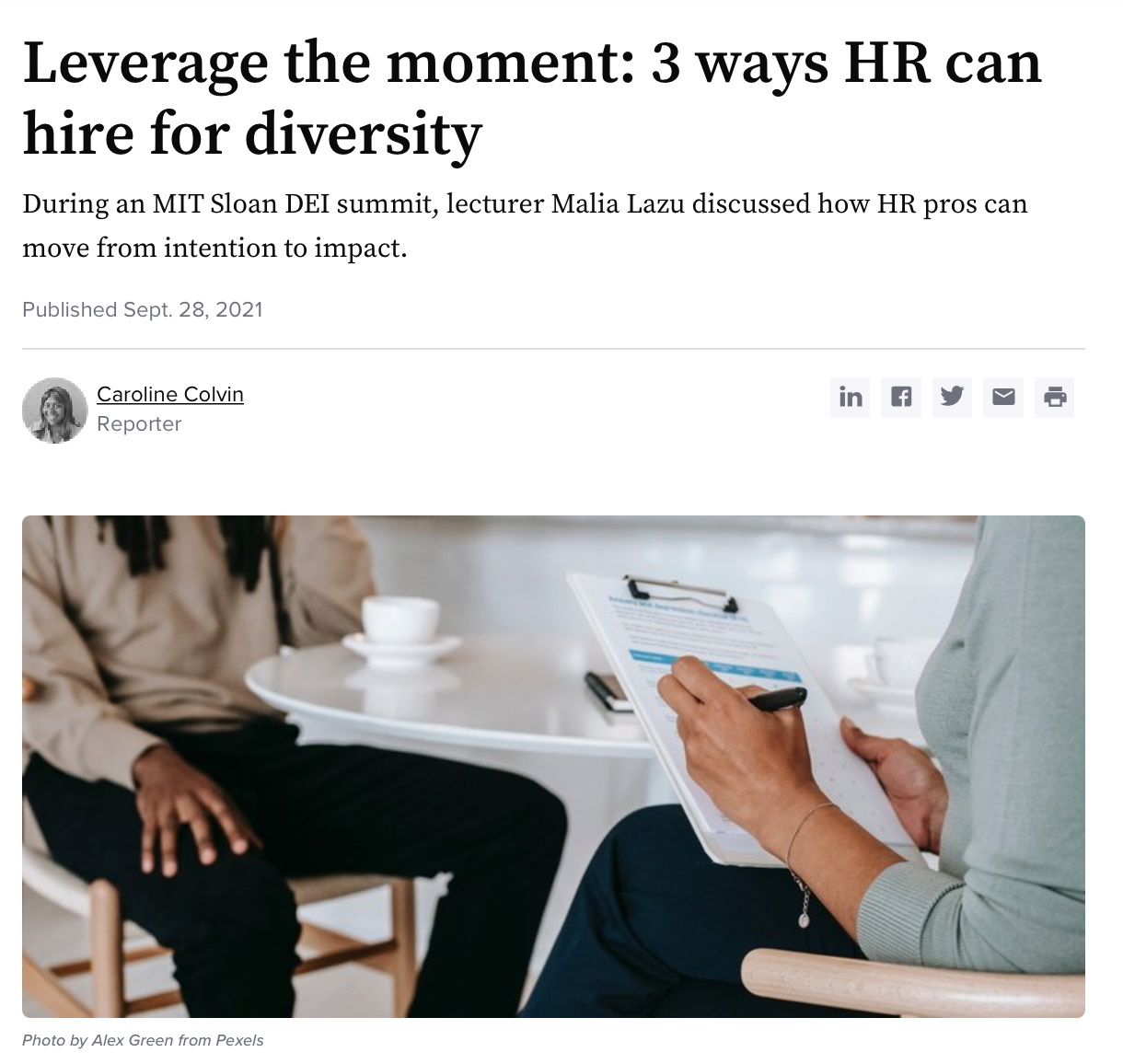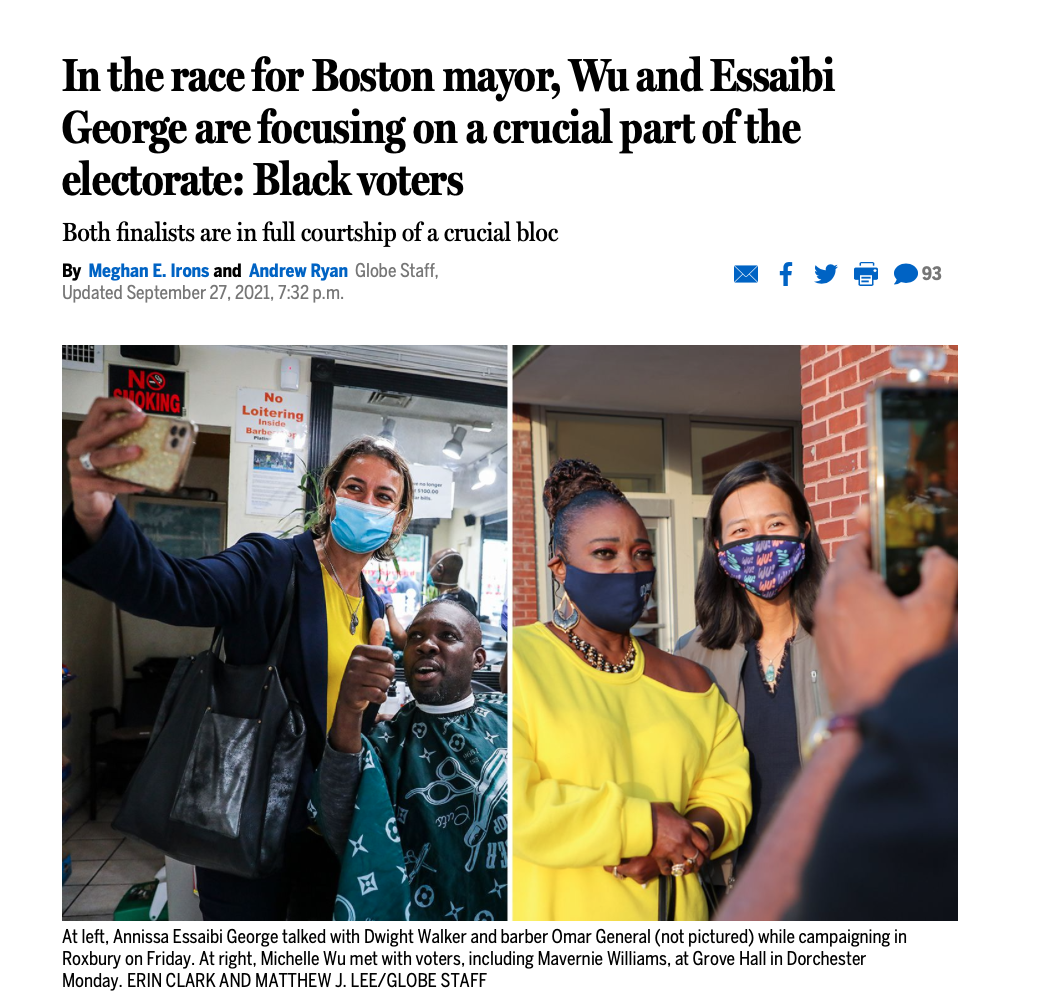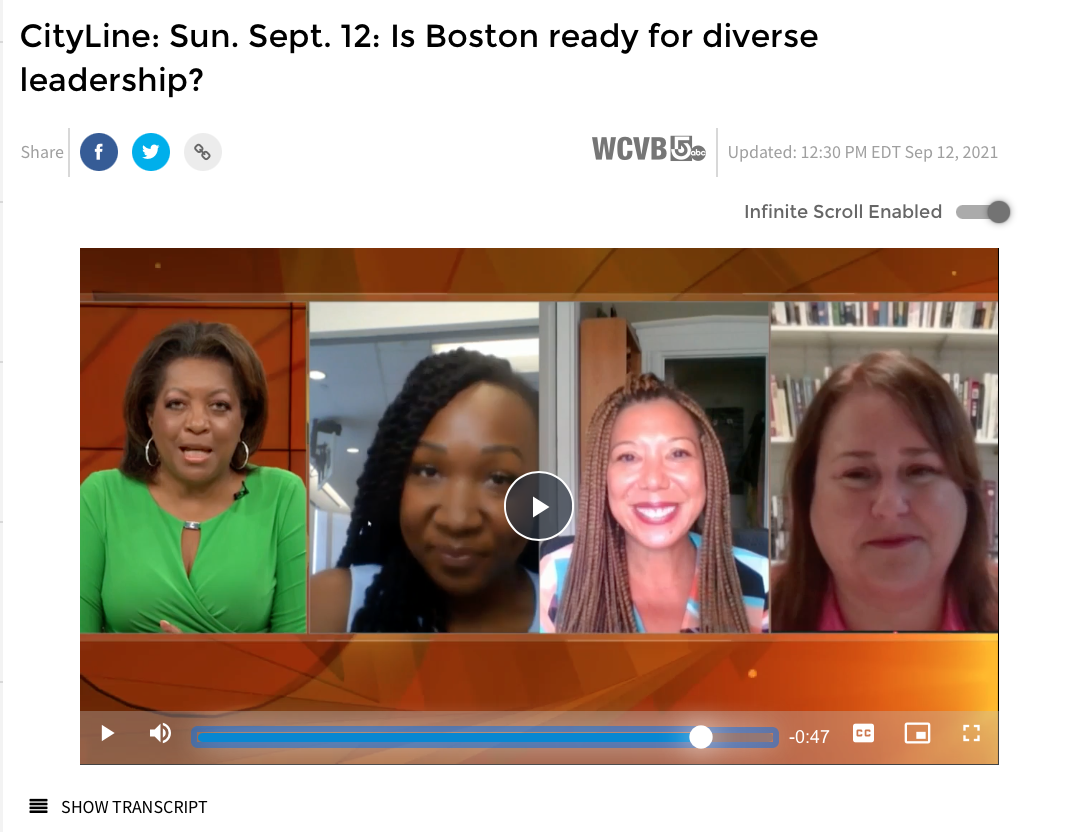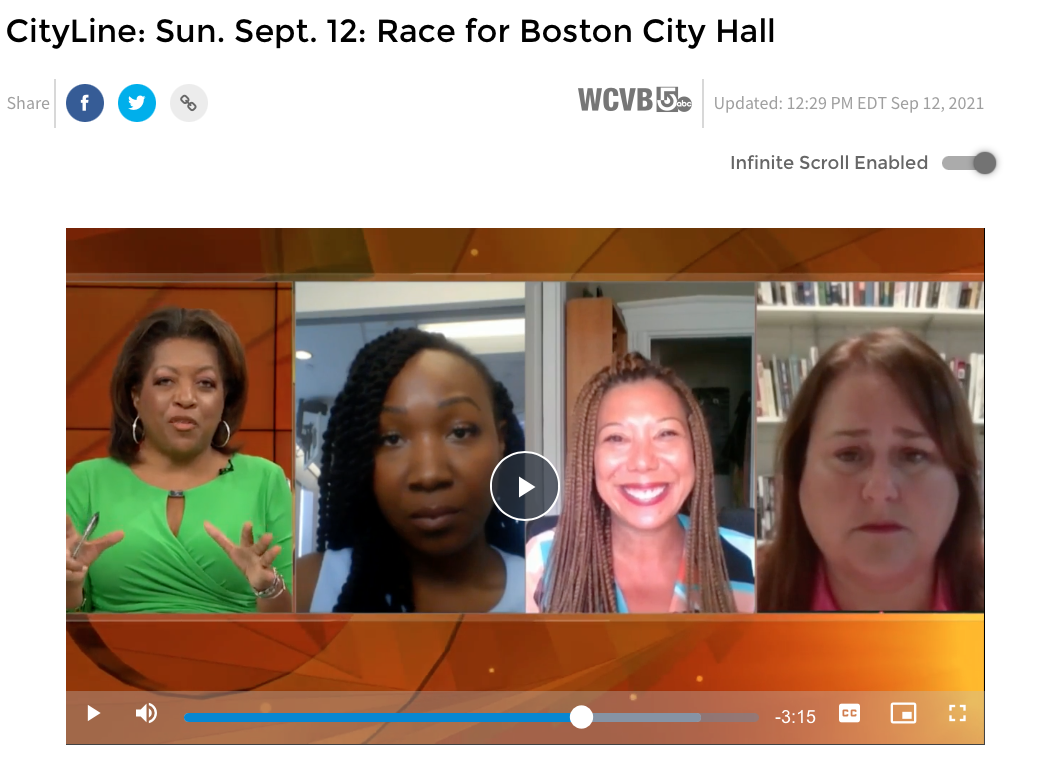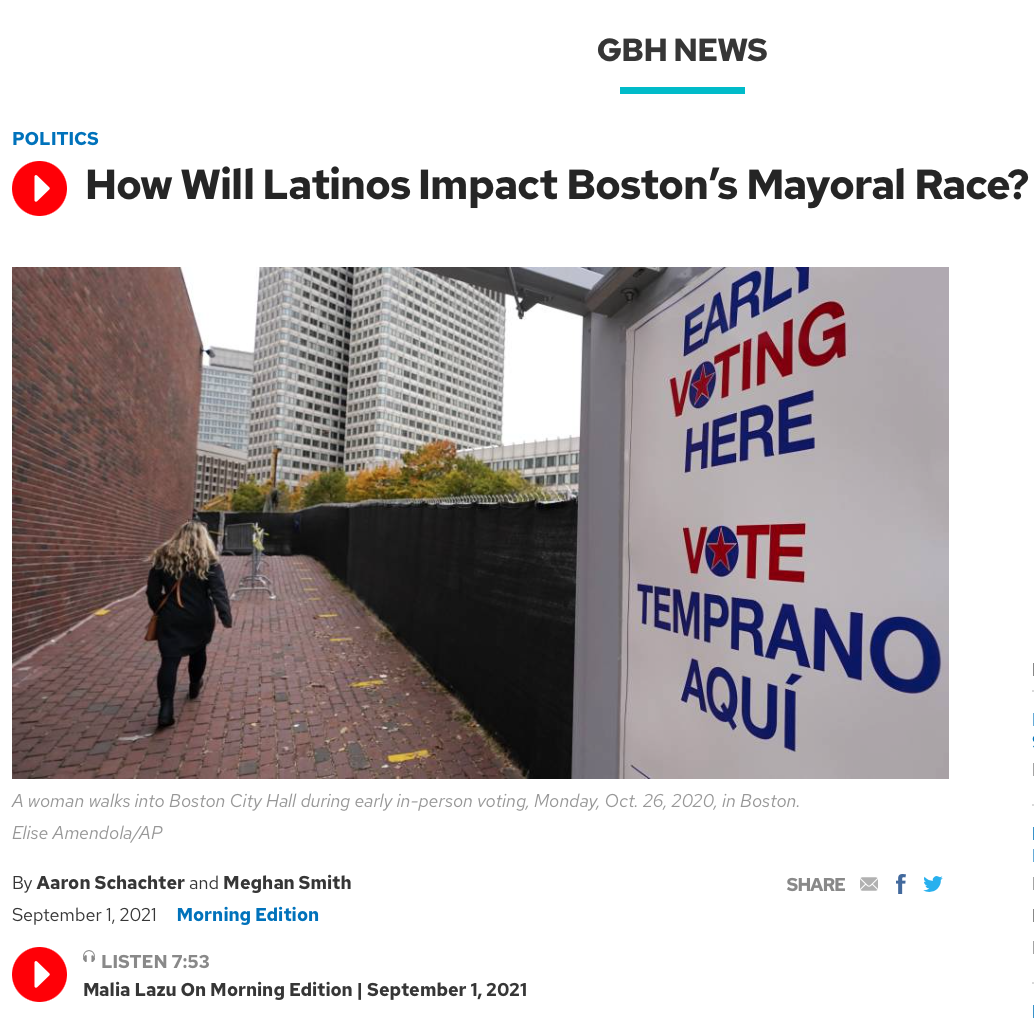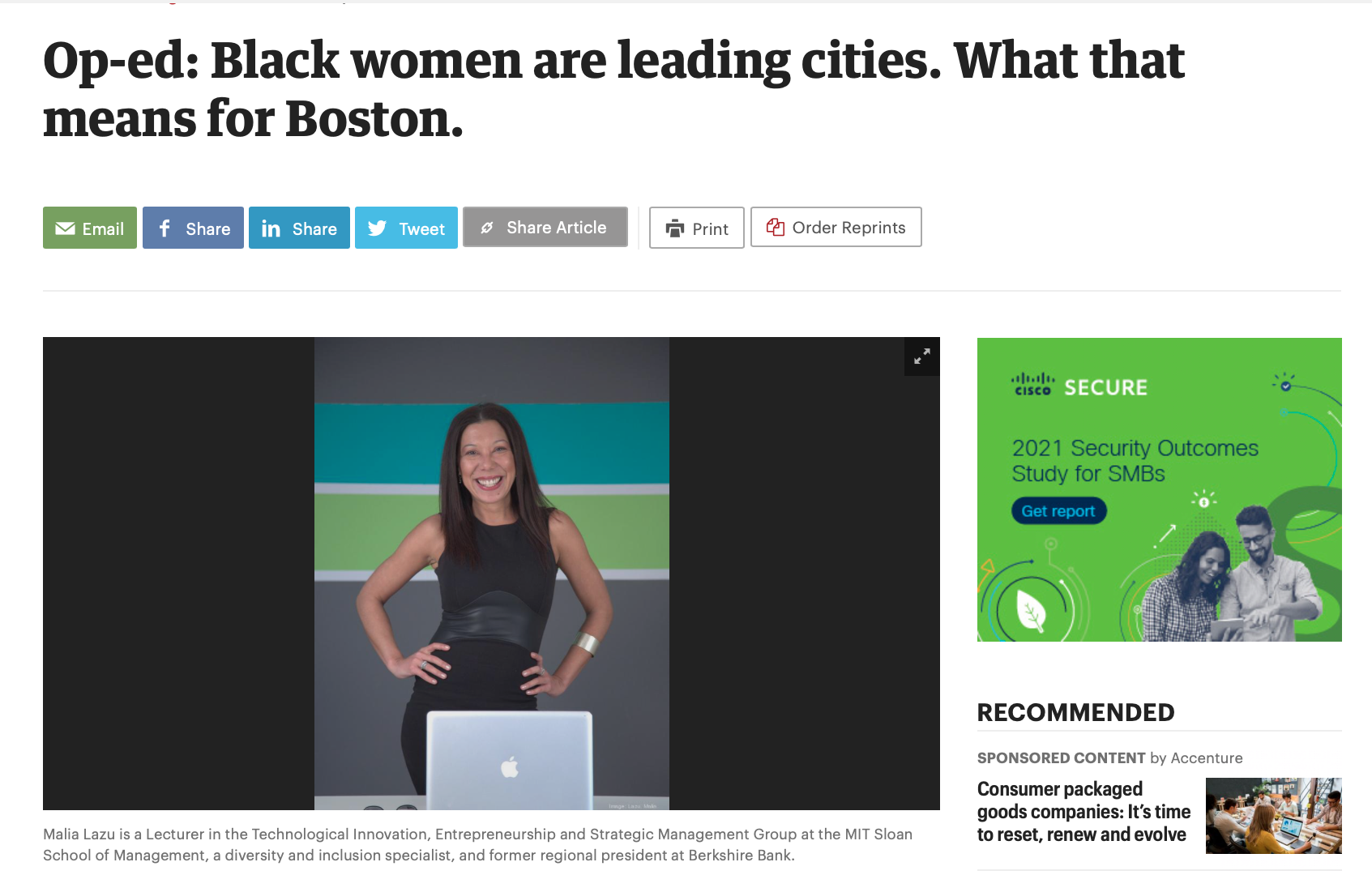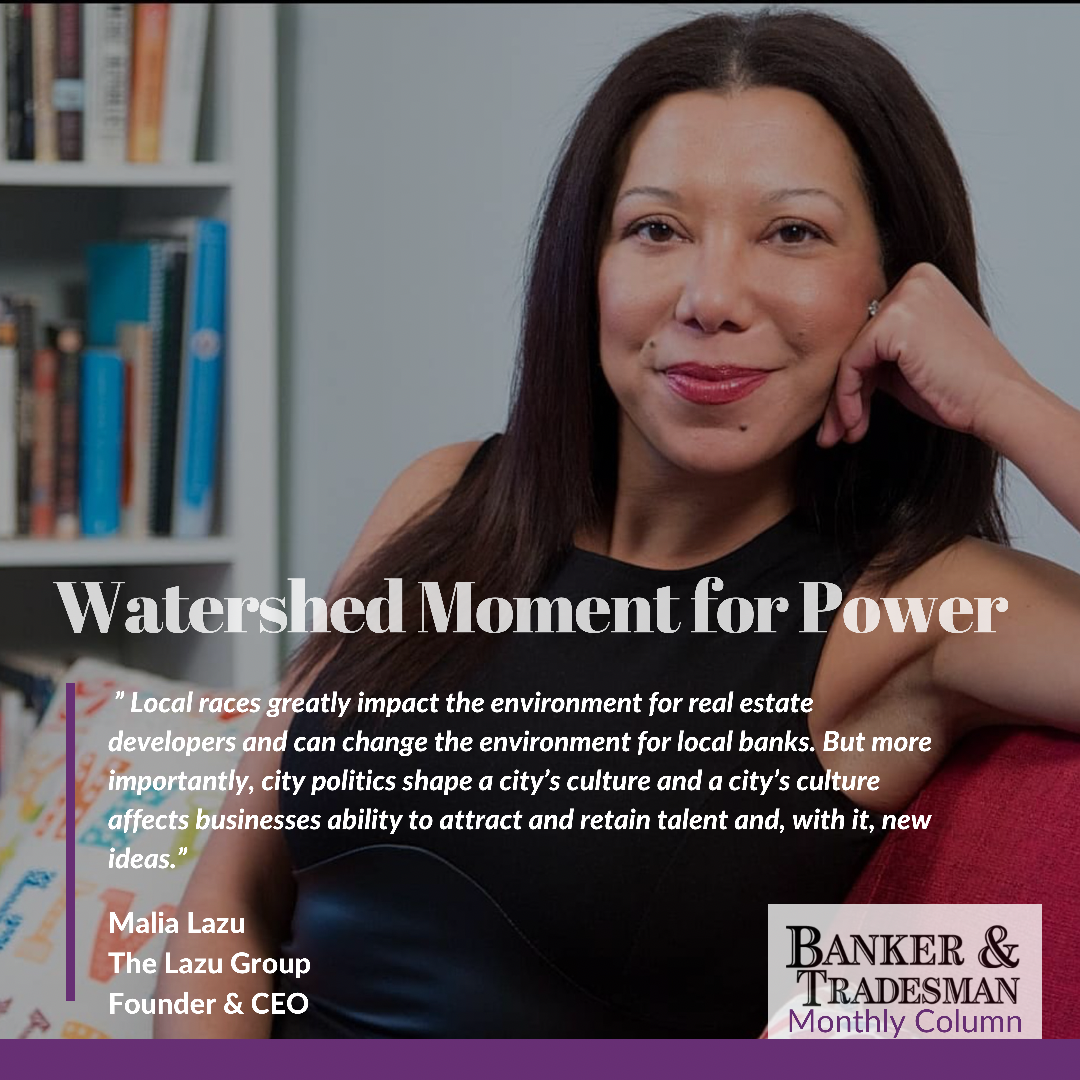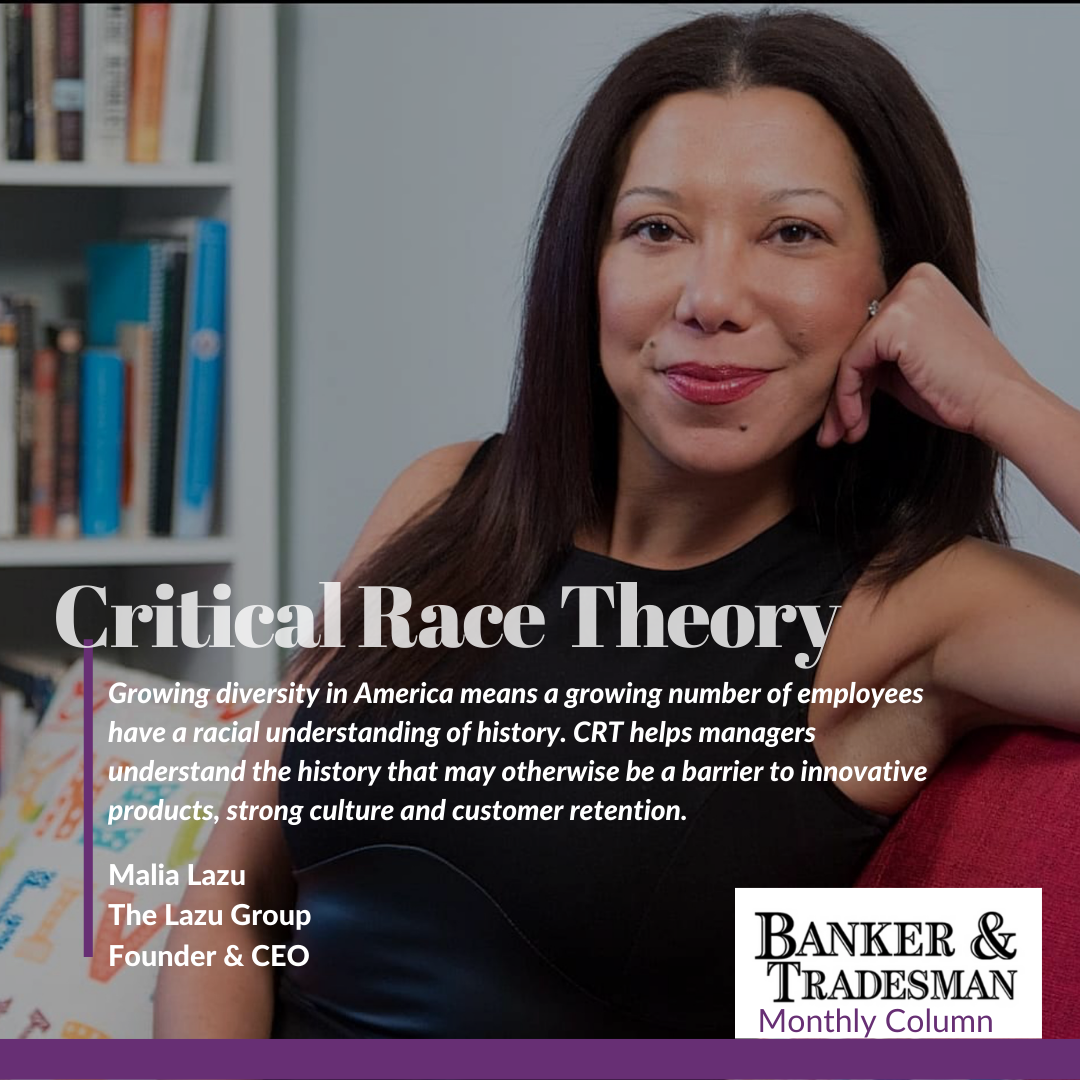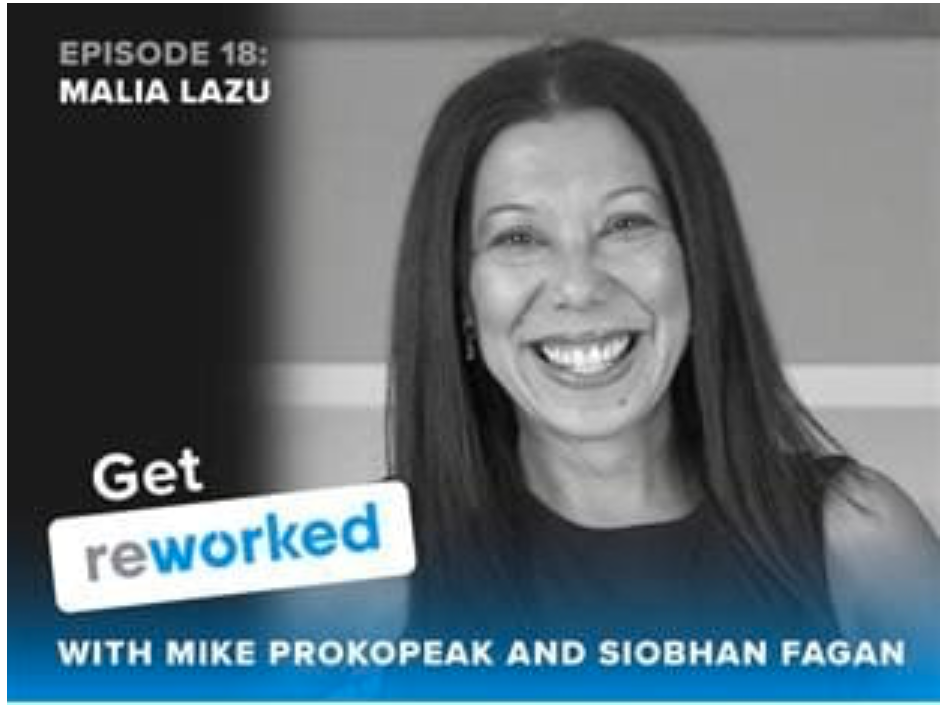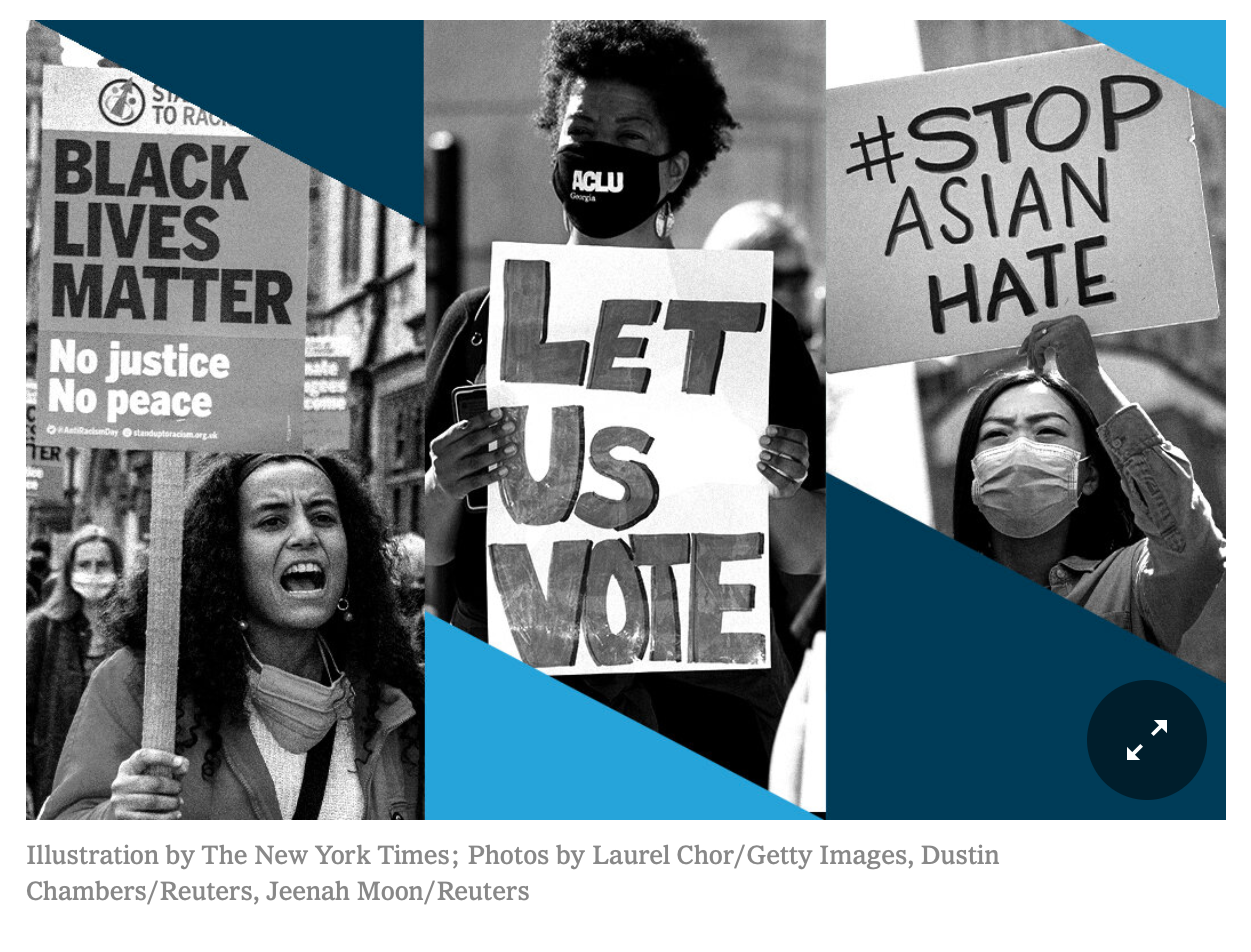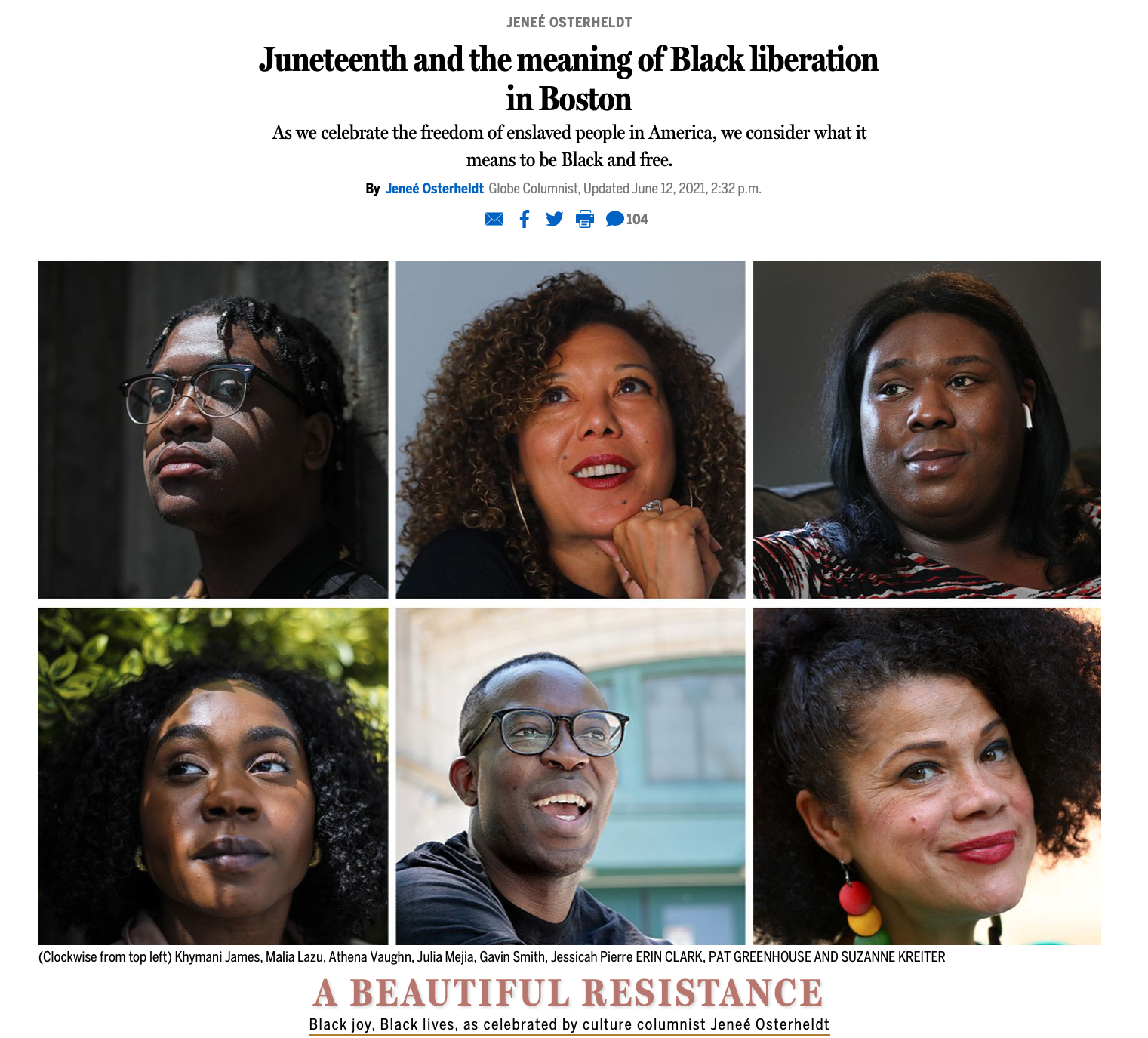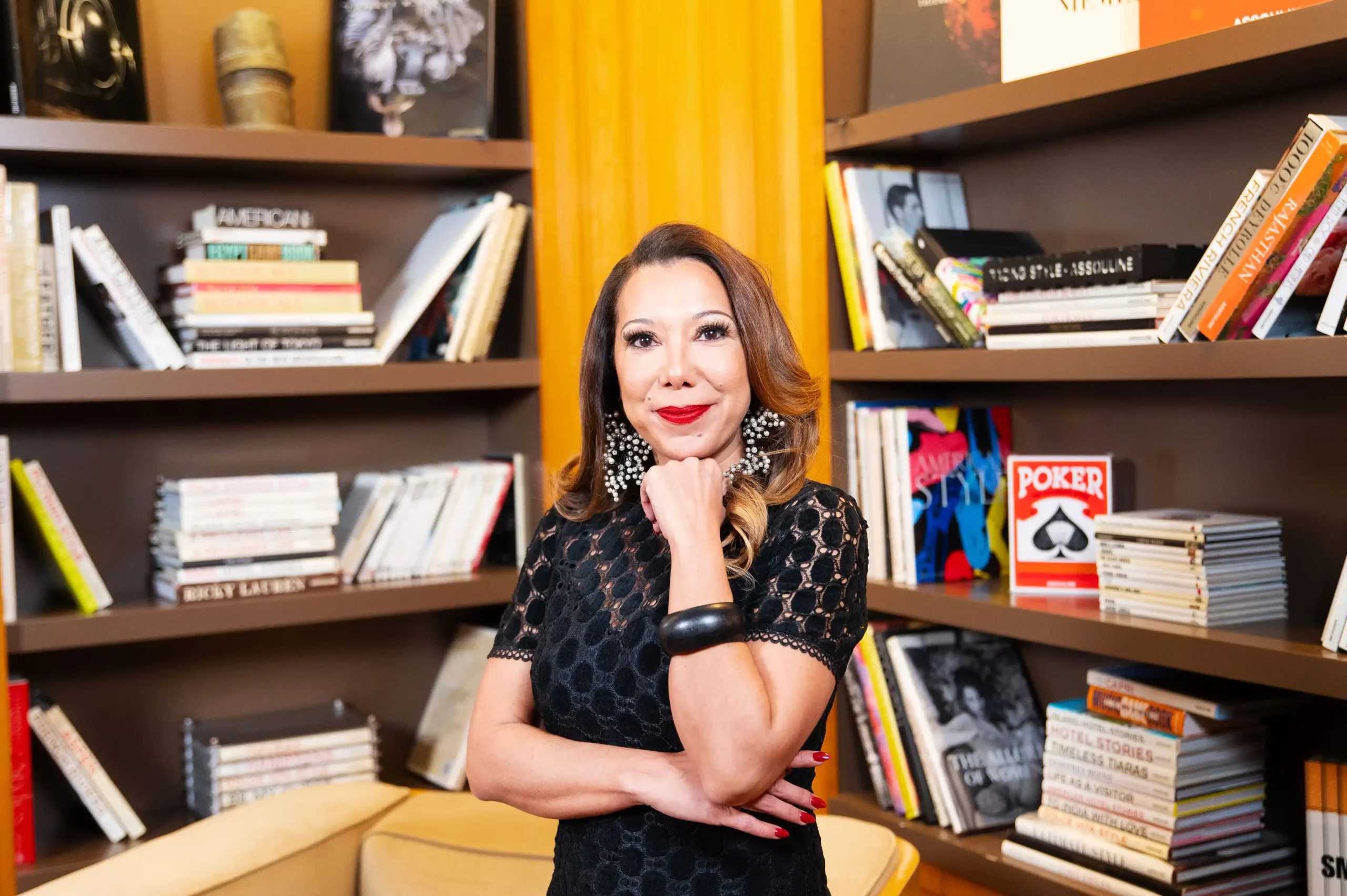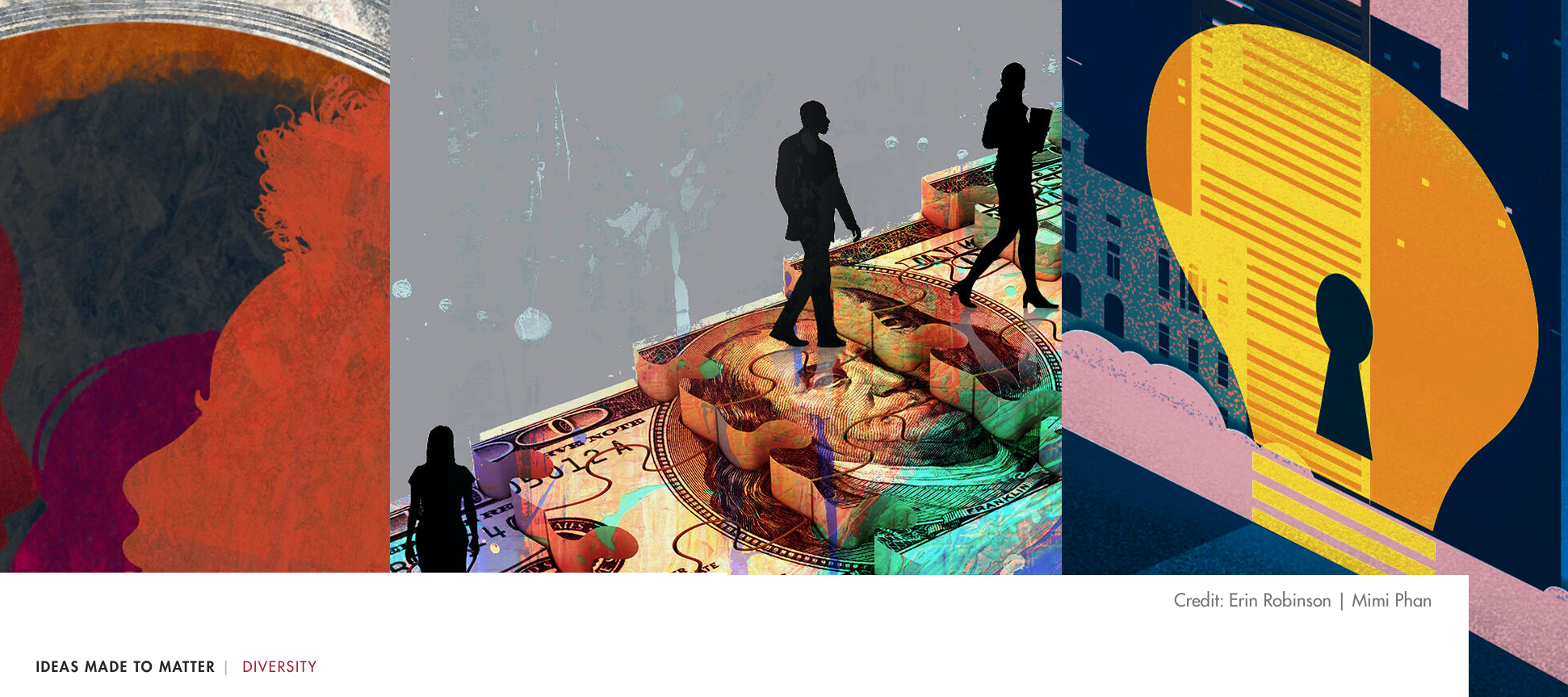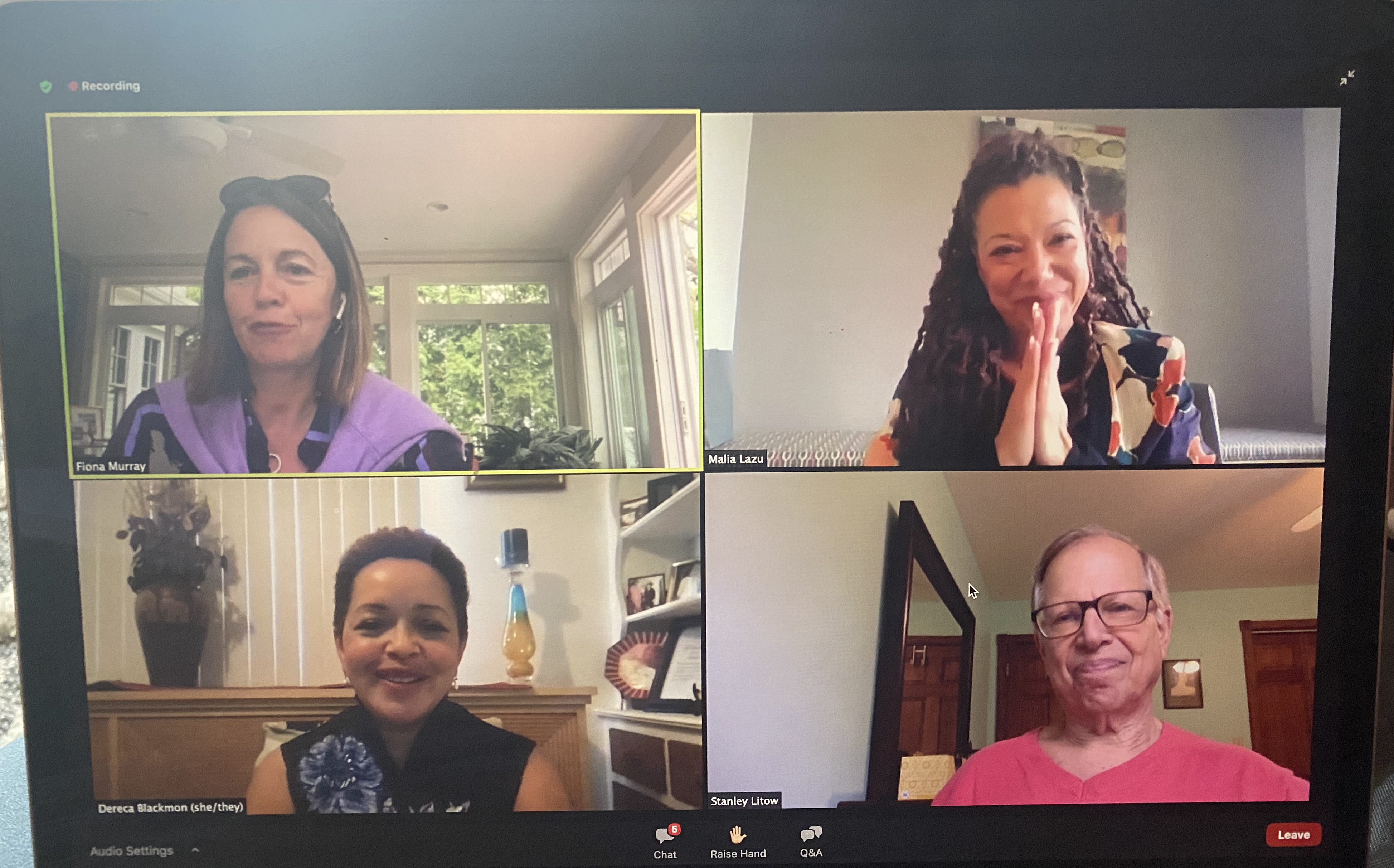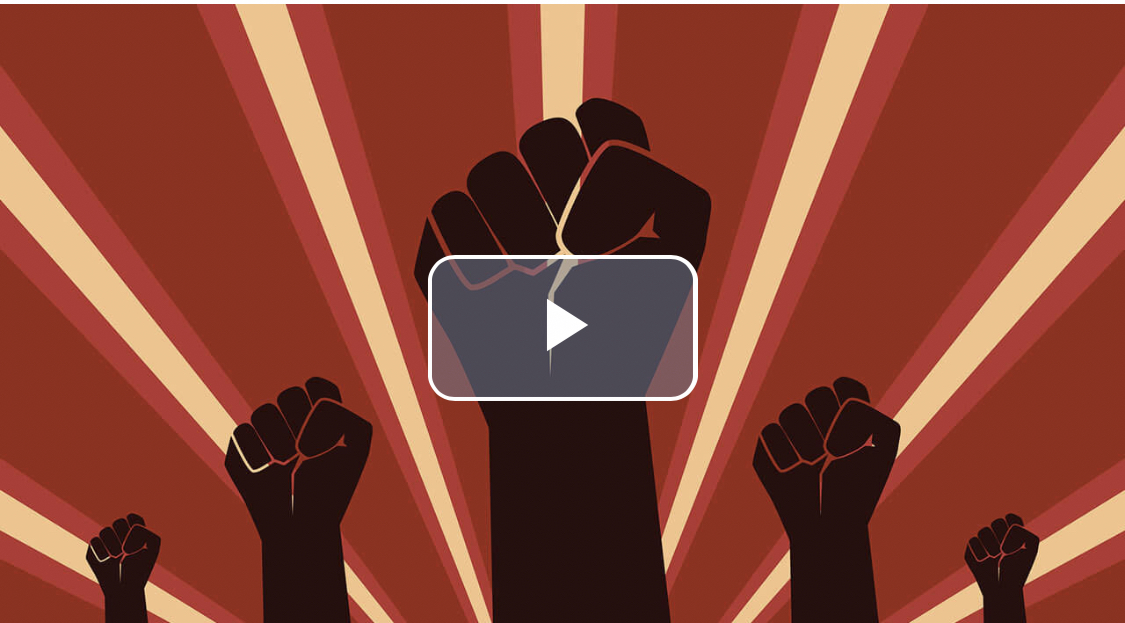
Banker & Tradesman
Negotiating with Hate Is Bad Business
Customers Will Back You Up If You Stand Up for What’s Right
This is the month we are surrounded by rainbows, a symbol of diversity within the LGBTQIA+ community and of hope – and a reminder that love is love. During Pride Month, honored by Presidential proclamation as a “movement that has grown stronger, more vibrant, and more inclusive with every passing year,” we also get to pat ourselves on the back for being more inclusive of the LGBTQIA+ community.
That is, if we truly are.
Boston Globe
Harry Belafonte’s true legacy
In 2003, when I was 26, I was introduced to Harry Belafonte. In my eyes, he was a famous entertainer from my mother’s generation, someone I knew from an appearance on “The Muppet Show” and who had coproduced “Beat Street” (I sang the theme song at our meeting — and he laughed). With a little digging, I had also discovered how many barriers Harry had broken over the course of his career — the first Black man to win a Tony Award, the first Black person to receive an Emmy, and many more.
Banker & Tradesman
Why ‘Anti-Woke’ Is Bad for Business
Employees Who Can’t Be Their Whole Selves at Work Are Less Productive
There is nothing conservative about “anti-woke” campaigns, yet looking at conservative leaders you can’t tell. The party that once said it wanted the government to be so small it could be drowned in a bathtub now wants it to be big enough to be everywhere – in libraries, business strategy and uteruses. Banning a woman’s right to choose or denying honest education is not future-facing, and it’s not good for business.
Banker & Tradesman
Boston’s Mayor Charts a Course Towards an Exciting Vision
State of the City Speech Acknowledged Residents’ Realities
When Mayor Michelle Wu of Boston gave her first State of the City address Jan. 25 to a packed house at MGM Music Hall, her remarks were greatly anticipated as a scorecard of her legislative successes and a strategy plan for continuing to move this city forward.
Business Insider
A Black woman Supreme Court nominee could push corporate America into a new age of diversity
Experts said Biden’s decisions to choose Harris as his vice president and a Black woman as his Supreme Court nominee were a testament to white male allyship.
“Biden’s leadership here is a real example of not only allyship but co-conspiratorship,” Lazu said. “It’s not enough that you’re not racist, that you put up a Black Lives Matter sign. It’s what are you doing with the power you have to move the needle on equity and inclusion?”
The Boston Globe
In Massachusetts, biased decisions leave Black startup founders with less capital
“At most of these universities on that list, they have these amazing networks of students and alumni that support their fellow alumni and current students with seed funding and introductions, experts, and advisors,” Brah, who is white, said. “Students from UMass don’t have that kind of advantage.”
Malia Lazu, a lecturer at MIT’s Sloan School of Management and former executive vice president at Berkshire Bank, said the road ahead is long and tricky.
Founders of color find it easy to leave Boston and grow their companies in places like New York or California, she said. Venture capital firms aren’t doing a good job explaining why diversity matters, beyond issuing statements on supporting equality.
Sunwealth
Putting Climate Change & Inequality On The Ropes
“Access to capital is one of the primary barriers standing between low-income communities and clean-energy access. Through solar tax equity and solar lending, community banks can put inequality on the ropes— putting capital to work in LMI communities.
Malia Lazu has much to contribute to the topic of equity. In her prior role as EVP and Regional President at Berkshire Bank, Malia worked to generate wealth for communities by expanding access to capital and spurring economic growth.
When asked about environmental justice, Ms. Lazu said, “Exploited communities remain the most vulnerable to climate change.” She concludes, “Including diverse communities in the energy transition will ensure long-term success.” Addressing equity, as Ms. Lazu suggests, involves centering the community voice in the process of generating a preferred return.”
Banker and Tradesman
What Would MLK Say About Your Equity Effort?
“This month we celebrate Martin Luther King Jr. Day, a holiday created in the 1980s and not fully recognized by all states until 2000, when New Hampshire became the last to acknowledge the day.
MLK Day is always a hard one for me because the celebration presents as performative and highlights our continued hypocrisy with race. As we look at commemorating Martin Luther King Jr. this January, it’s important to explore how your company may be pushing a whitewashed version of one of America’s most important martyrs. Take some time to learn about the evolution of his leadership in civil rights and how his journey evolved into being a movement dominated by concepts of economic justice and equity.“
Banker and Tradesman
Business in Boston is about to include BIPOCs – For Real.
“Not everyone is a change maker. Many people may want change, but have trouble actualizing it. Pushing against the status quo takes dedication to community, a belief in America’s promise and the confidence to lead.
Anyone who has moved the needle in equity work knows how important it is to have a group of leaders who are change makers and unafraid of shifting the system for the better. As Boston Mayor Michelle Wu builds her cabinet, she is letting the city know she means to make change. Her new head of economic development is a shining example of bringing in proven change makers to her administration.”
MIT Sloan
21 Quotes from business and managment in 2021
“This isn’t about getting an anti-racim widget to market. It’s important to understand that what you’re changing here is value structures, and that doesn’t happen quickly.” – Malia Lazu
Banker & Tradesman
With it’s Mayoral Vote, Boston Has Spoken. Let’s Listen.
It’s important at this moment to be curious. Try to answer the question: What are people actually asking for? One of the biggest concerns for the development community is rent control. However, once you move past those trigger words, what you see is a candidate responding to a dire situation: the housing crisis. We have lost opportunities like Amazon’s HQ2 in part because of housing costs, and they will not be the last ones. When voters call for policy like rent control they are asking for relief.
Rather than dismiss it, understand that people are sending signals that they are done with pledges and are looking for action. If there is a better solution, offer it. Conversations about housing are necessary. According to a recent MassINC poll, 50 percent of Bostonians see housing as “very unaffordable,” making it an issue that cannot be ignored. So, get curious on what other ways exist to protect working-class families. Are there other issues Wu is pushing, like free public transportation, that could help?
THE BOSTON GLOBE
Can Boston diversify e-sports and gaming?
A few weeks ago, I asked a source what’s something the Globe should cover more. To my surprise, she responded quickly: XSET, a Boston-based e-sports team that’s making waves in the industry with its promise to be nice, diverse, and authentic.
I was intrigued, but knew little about it. I decided to dig in, and attended a virtual panel at MIT on Wednesday on diversifying the gaming economy. What I learned was not entirely surprising.
The gaming industry, which does around $155 billion in yearly revenue and counts 3.1 billion people worldwide as video game players, is rife with toxicity, racism, and bullying. E-sports teams, many of which are backed by major corporations, are primarily male, have done poorly recruiting diverse talent, and are loath to speak out on social issues. The industry’s treatment of women has resulted in major scandals over the years, including this week with claims of harassment erupting at Activision Blizzard, the video game creator.
MIT SLOAN
As the life sciences industry grows, how can it be more inclusive?
The pandemic has been devastating for U.S. employment, but the life sciences industry has only grown. While the private sector saw a 5.1% overall decline in its employment base in 2020, this industry grew its base by 1.4%. It also added 2.53 million unique job postings from 2017 to 2020, according to the 2021 Life Sciences Workforce Trends Report.
On Oct. 21, MIT Sloan hosted the latest in a series of discussions on the inclusion innovation economy to consider how leaders can capitalize on this growth to foster inclusivity.
Malia Lazu, a former Berkshire Bank executive vice president and current MIT Sloan lecturer who focuses on inclusion in the innovation economy, moderated the conversation. Aisha Francis, CEO of the Benjamin Franklin Institute of Technology; Boston City Councilor-at-Large Julia Mejia; and Kenn Turner, CEO of the Massachusetts Life Sciences Center, joined her.
WBUR
What it means to have an Asian American Mayor
Does this mean that there’s been a shift in the city’s culture?
“I do think there’s been a big shift in the city’s culture and I think there’s been a bit of a changing of the guard in terms of who we think of in terms of the leadership of the city of Boston. I think of what Malia Lazu, who’s an African-American and Latina activist in the city of Boston, said the other day … that maybe we can get beyond Boston thinking in terms of bussing and the Kennedys.
National Center for Business Journalism
Companies pledge social justice, but who truly benefits?
Malia Lazu, a lecturer at MIT Sloan School of Management and a Diversy, Equity, and Inclusion (DEI) consultant, sees both sides of the issue for businesses. “I think there’s some business leaders that are excited about this moment and want to lead in it,” Lazu said. “Then I think there are business leaders who want to greenwash or blackwash…pinkwash the performance of it.”
However, Lazu said this is a time for corporations to learn about the current social landscape as they may not know the commitments of social justice work and what it means. Being committed against police brutality is one thing, but having shareholder accountability is another. She said that this is a journey that might become more realized as millennials start entering the C-suite.
Banker & Tradesman
Don’t be Afraid of Change Embrace It To Find Success
When I worked for Harry Belafonte, he loved to tell a story about how the civil rights movement did not trust John F. Kennedy when he was first elected president. He would say “What did we know of this elite senator from Boston, who knew nothing of the civil rights movement happening in the American South?”
He would then shrug, smile and say, “But we didn’t need to know where he stood, because we knew the numbers of people joining the movement daily.”
The Huntington News
Boston battles voter turnout in mayoral preliminary, Black voters react
“There’s a lot of reasons for people to feel very dismayed by voting and by the electoral process,” said Malia Lazu, founder of MassVote and lecturer at the MIT Sloan School of Managment. “They don’t actually see why it’s worth their time.”
Neither acting Mayor Kim Janey nor City Councilor Andrea Campbell and former Chief of Economic Development for the City of Boston John Barrors advanced to the November election, but Afro-Latina Jamaica Plain resident Beyazmin Jimenez sees a silver lining for Black leaders in Boston.
“It seems that it’s been a lost message that we even had three [Black] candidates to begin with,” Jimenez said. “It has been a successful campaign for Black leadership in our city.”
HR Dive
Leverage the moment: 3 ways HR can hire for diversity
“How do you hold apethetic CEOs accountable to diversity, equity and inclusion goals? It’s a million dollar question that DEI thought leaders – via Zoom – to hash out, at the invitation of MIT’s Sloan School of Management.
Speakers included Color of Change President Rashad Robinson, Rapid 7 CEO and Chairman Corey Thomas, Exelon VP and CDEIO Robert Matthews, Known Holdings Managing Director Nathalie Molina Nino, and 1863 Ventures Founder and Partner Melissa Bradley. The conversation was spearheaded by Malia Lazu, a lecturer at MIT Sloan and Founder of DEI firm The Lazu Group.”
The Boston Globe
In the race for Boston mayor, Wu and Essaibi George are focusing on a crucial part of the electorate: Black voters
“Malia Lazu, an MIT lecturer and founder of MassVote who is Afro Latina, said capturing the Black vote is ‘not going to be a cakewalk for either of these candidates.’
‘Black voters know … that they have the margin of victory sitting in their community and are going to make sure that candidates commit to championing solutions that include them,’ Lazu said.”
WCVB CityLine
Is Boston Ready for Diverse Leadership?
“We are talking a lot about this race without a lot of context around voter turnout.
I think what we want to rembemer is that voter turn out is not like presidential. Marty (Walsh) won with 72,514 votes back in 2013. So people can really make a difference in the mayor’s race.”
WCVB CityLine
Race for Boston City Hall
“I think what Boston should be really proud of is that we do have this cross section. I know a lot of times when we think about race in Boston its very polarizing. And what we are seeing here is that people of color are coming together to support candidates they think will work best for their community.”
The Berkeley Beacon
ArtsEmerson hosts first event since March 2020
“It just always feels good to walk in here,” Lazu said. “We have so many beautiful theaters in Boston, especially ArtsEmerson has so many. You just forget the ornateness and the time that it was built, and that Boston was around during the heyday of theater.”
Lazu encouraged Emerson students to attend ArtsEmerson shows because of their entertaining and exciting atmosphere.
“ArtsEmerson is trying to change the culture of theater,” she said. “When I came to watch a play at the Paramount, it was a play that had a lot of music, and we were snapping and dancing and having a good time in the theater.”
GBH News
How will Latinos Impact Boston’s Mayoral Race?
“With voter turnout being as low as we see [in] mayor’s races in Boston, the Latino community can really become a deciding factor in this race,” said Malia Lazu, a lecturer at the MIT Sloan School of Management and founder of Mass VOTE, on Morning Edition Wednesday.
“Latinos have a history of coming together and electing people that will serve their community. And I think this race will be another example of that.”
Boston Business Journal
OpEd: Black Women are Leading Cities. What that means for Boston.
Today, Boston has several qualified women of color running for mayor. America benefits from outside the institution thinking to bring us forward. Who better than women who represent communities generationally affected by our failing systems?
Banker & Tradesman
Boston Election Will Be Watershed Moment for Power
Local races greatly impact the environment for real estate developers and can change the environment for local banks. But more importantly, city politics shape a city’s culture and a city’s culture affects businesses ability to attract and retain talent and, with it, new ideas.
Millennials are the largest and most diverse generation. And minority communities are where the growth – consumers and workforce alike – lies. According to a Brookings Institute study, young adult urban core populations “increased by 4.9 percent over from 2010-2015, and racial minorities contributed the lion’s share – 87 percent – of that growth”.
Boston Business Journal
Boston Harbor Now names new board, chair
Boston Harbor Now has appointed eight new business, environmental and civic leaders to guide the nonprofit’s work on its board of trustees and board of advisors. Here they are.
Banker & Tradesman
Why the Critical Race Theory Fight Matters in the Business World
While CRT may seem like a minor issue for the business community, particularly in comparison to COVID-19, the country’s economic recovery, criminal justice reform and infrastructure, it is actually a cornerstone to achieving any form of equity in America. It is therefore critically important for the business community to understand.
Unfortunately, many business leaders, like most Americans, may not know what CRT is, have never had any interaction with its scholarship and thus may never pick up an important tool for achieving racial reconciliation out of sheer ignorance.
Reworked
Get Reworked Podcast: How to take your diversity strategy from intention to impact
Corporate social responsibility gets thrown around a lot in business today. Organizations regularly tout the steps they take to make the world a better place and how they’re endeavoring to create a more diverse and inclusive workplace.
How much of that is real? In this episode of Get Reworked, Malia Lazu breaks it down for us. She’s a diversity and inclusion strategist, founder of consulting firm The Lazu Group, lecturer on innovation at MIT Sloan School of Management, and a former banker and community organizer. Suffice it to say, she sees the issue from many perspectives.
The New York Times
How public letters become companies’ favorite form of activism
The most important thing a letter does is publicly commit the individual or company to change, said Malia Lazu, a lecturer at M.I.T. Sloan School of Management and head of the Lazu Group consulting firm. A signed statement of a chief executive’s commitment to an issue, she said, “gives people who want to hold corporations accountable an I.O.U.”
The Boston Globe
Juneteenth and the meaning of Black Liberation in Boston
For myself, Black liberation can be defined as the self determination of Black people. Black liberation is unconditional love for blackness, a rejection of the white gaze. Liberation is to truly believe you have an equal chance in the world and that your history and experiences have true value. Liberation is a culmination of honoring the past, being healthy in the present and curious about the future.
Assata Shakur wrote, “Part of being a revolutionary is creating a vision that is more humane. That is more fun, too. That is more loving. It’s really working to create something beautiful.” Liberation is living these values. Frederick Douglass, for example, speaks of a moment while he was being beaten by a slave breaker and he realized he was bigger and stronger than the man with the whip. His reasonable response to defend himself led to his internal and eventual physical liberation.
GBH Encore
Celebrating Juneteenth in Boston
Next Saturday, millions of people across America, including right here in Boston, will celebrate Juneteenth, first celebrated on June 19th, 1865. 156 years ago, the enslaved people in Texas found out they were free — two years after the Emancipation Proclamation. The event, which first had the most meaning for the people of Texas, has now become an observance that recognizes the history but also embraces the broader issue of the meaning of freedom today. Nearly every state in the country now recognizes the holiday, and this year, many employers gave staffers the day off.
Guests:
Barry Gaither — director and curator of the Museum of the National Center of Afro-American Artists; special consultant for the Museum of Fine Arts, Boston
Malia Lazu — lecturer at The MIT Sloan School of Management; former president of Epicenter Community
Napoleon Jones-Henderson — visual artist; early member of historic African-American artist collective AfriCOBRA
MIT Ideas Made to Matter
8 MIT Sloan Stories about building an inclusive innovation economy
An innovation economy sounds like a good thing. The combination of technology and entrepreneurship to spur economic growth should support everyone in a society.
Except that it doesn’t. Women and people of color are often excluded from participating in and reaping the benefits of the American innovation economy. Only 2.4% of venture capital in the U.S. goes to all-female founding teams and only 1% goes to Black entrepreneurs. And the promise of American equality is threatened by a system in which white economic privilege is accumulated through racial capitalism, redlining, and access to elite educational institutions.
MIT Inclusive Innovation Economy
Shifting Higher Education: Creating Inclusive Spaces in Elite Institutions
In relation to academy and elite institutions a comparative question came in from the audience between DE&I versus “a dedication to academic excellence.” Dereca was quick to jump in on this, speaking about there being a “mental block around diversity and inclusion.” Something she referred to as “diversity fatigue,” which in sum is needed acceptance that must happen within traditionally white elite institutions – both in academia and business, that the definition of excellence is changing.
“It’s not just about what students (or employees) have accomplished. It’s about the context of how some of these accomplishments have happened.”
MIT Expert Series
How Corporate America Can Advance Social Justice and Racial Equity
“Consumers and employees are no longer accepting brands that are irresponsible about social justice and race and LGBTQ status and women,” said Malia Lazu, lecturer in the Technological Innovation, Entrepreneurship, and Strategic Management group at MIT Sloan. “Companies need to realize that statements aren’t cutting it. They’re going to have to do more to satisfy consumers’ expectations.”
Fortune
Corporate America Don’t Be Late To The Barbecue
I’m seeing the evidence of intention,” said MIT Sloan Lecturer Malia Lazu during an online event this week about what corporate America can do to advance social justice. “The intention is there.”
However, as Lazu noted, actions are always stronger than words, and thus far, corporate America has done a lot of talking about Social Justice. The next step is to take some action.
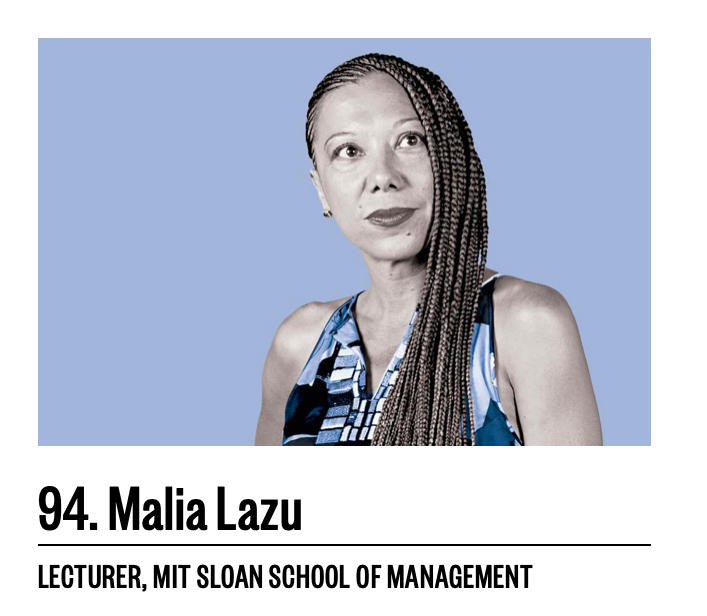
Boston Magazine
100 Most Influential Bostonians
The former Berkshire Bank executive vice president was brought to the Sloan School to help make Boston’s innovation-economy community more inclusive.
That’s the kind of work she’s been doing pretty much her entire career, whether collaborating with singer Harry Belafonte to quell youth violence or expanding entrepreneurship opportunities in marginalized communities through her role as executive director of Future Boston Alliance.

MIT Expert Series
How Corporate America Can Advance Social Justice and Racial Equity
On April 26 Malia Lazu, a Lecturer in the Technological Innovation, Entrepreneurship, and Strategic Management Group at the MIT Sloan School, discussed the role and responsibility of business to accelerate equity and inclusion in the wake of the historic protests following George Floyd’s murder.
Maureen White, Principal at Maureen White Consulting, proviced perspective on the legacy of this moment, and talked about the strategies that leaders use to create anti-racist and safe workplaces.
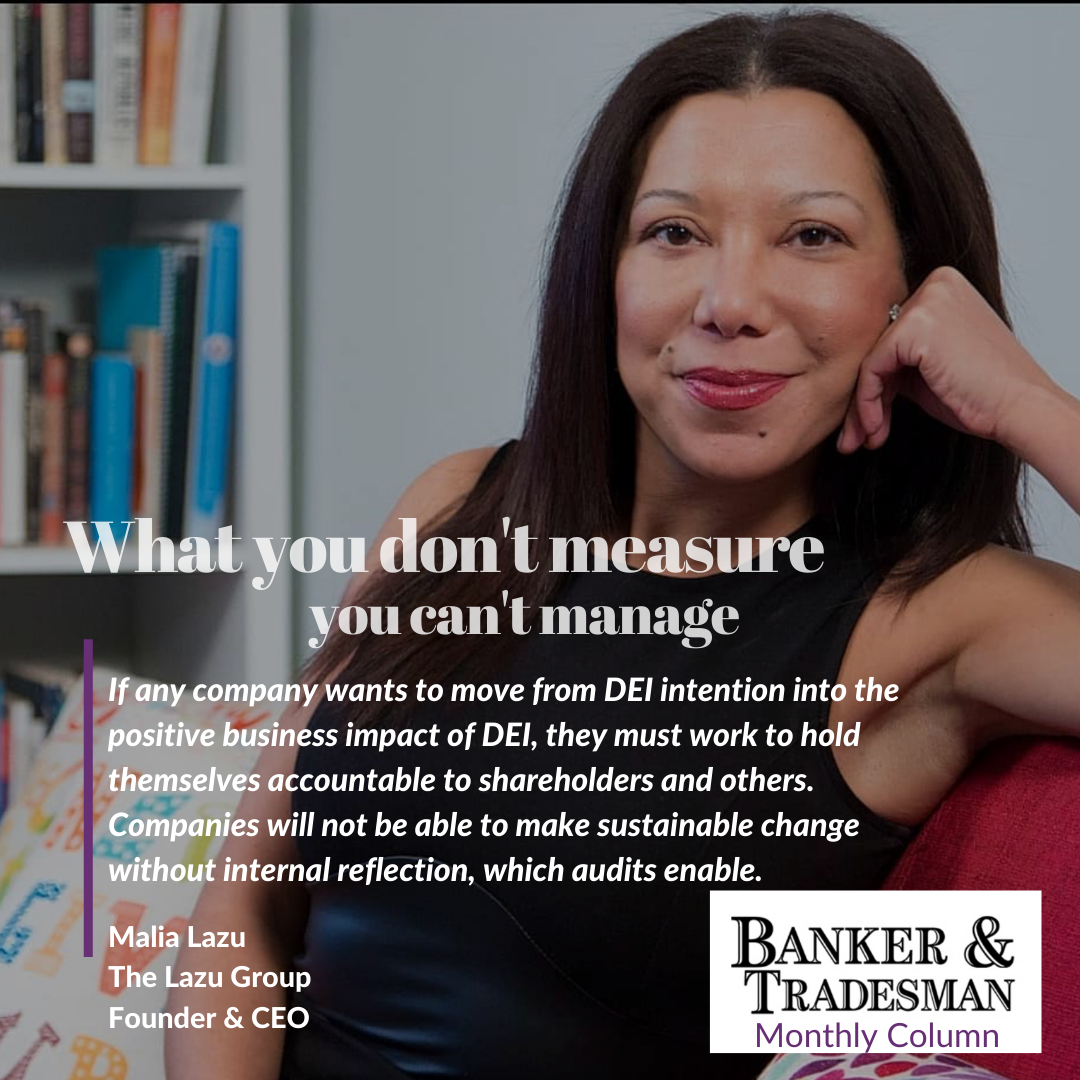
Banker and Tradesman
Black Lives Matter to Banks, But Not Banking
“Two weeks ago five of the nation’s largest banks did an about-face, asking shareholders to vote against proposals calling for third-party racial equity audits. Just a year ago, the CEOs of these banking giants were making big promises and pledging to support greater racial equity. They were responding to the moment – a horrible moment, in fact, as documented in 8 minutes and 46 seconds of video of a black man being lynched by a police officer, Derek Chauvin“
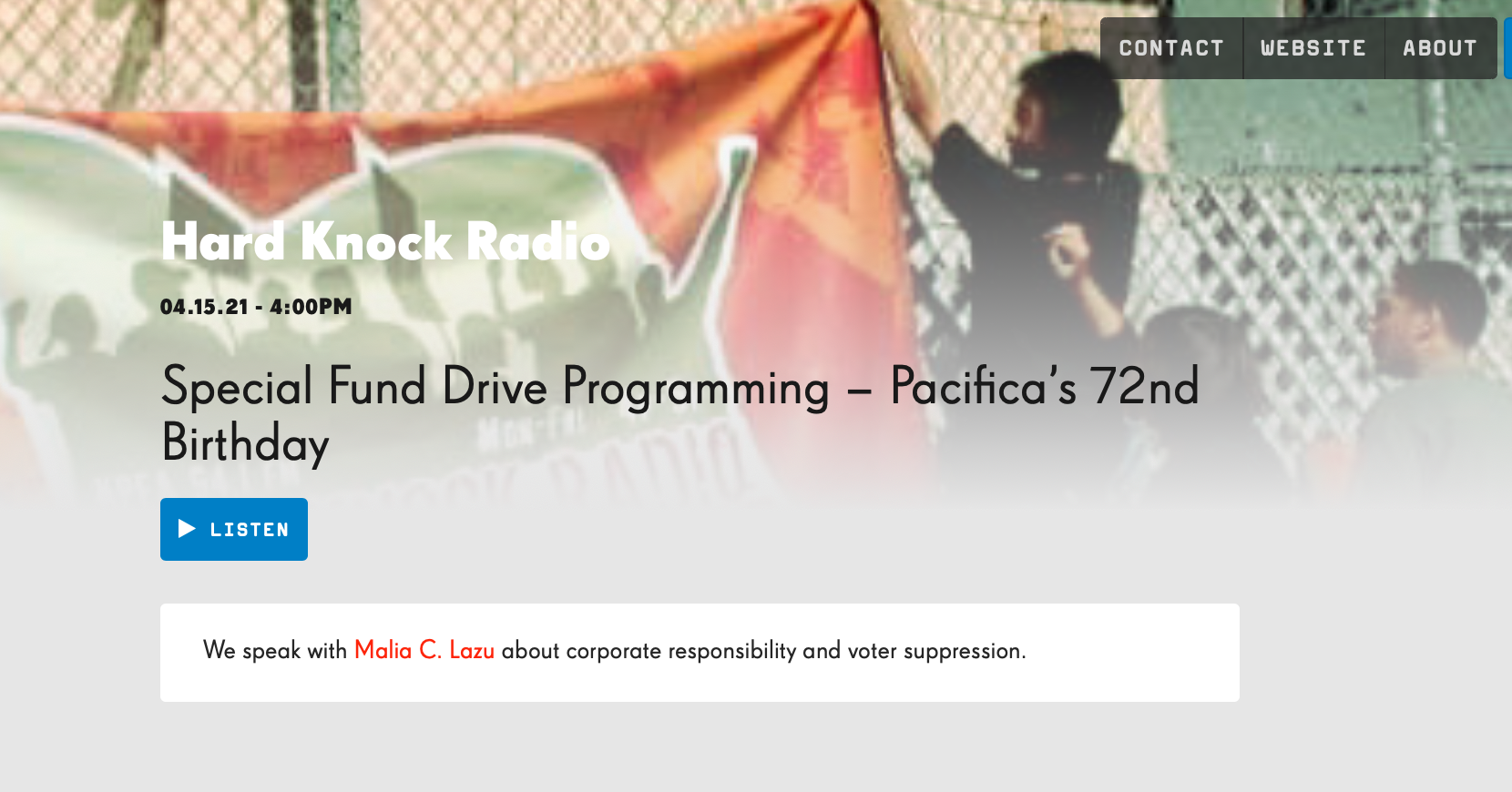
KPFA | 94.1 | Hard Knock Radio
Corporate Responsibility & Voter Suppression.
“What we are seeing that there is a societal and #generationalshift happening…There is a shift and a real imperative for #corporations to get this right.”

Corporations of the World, Unite!
The internal contradictions of “woke capitalism” are a mixed blessing for the Democratic Party.
Malia Lazu, a lecturer at MIT’s Sloan School of Management, argued in an email that the public’s slow but steady shift to the left on racial and social issues is driving corporate decision-making: “Corporations understand consumers want to see their commitment to environmental and social issues.”
Lazu cited studies by Cone, a business consulting firm, “showing that 86 percent of Americans would support a brand aligned with their values and 75 percent would refuse to buy a product they saw as contrary to their beliefs.”
Lazu contends that “there is a generational shift in America toward increasing justice and collective responsibility” and that as a result, “institutions, including corporations, will make incremental change.”
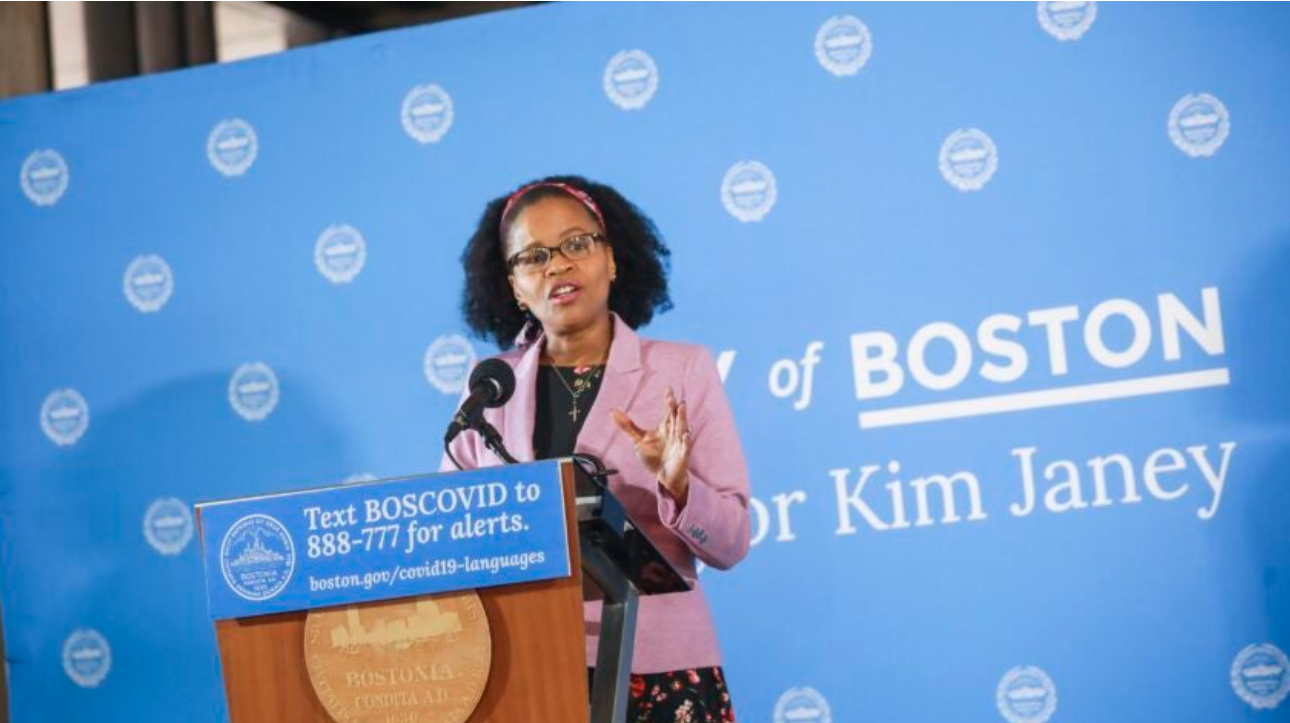
Don’t do this job in fear of losing it
Kim Janey got advice from 2 Mayors of other cities. Here’s what they said.
In a virtual panel discussing the role municipal leaders play in creating inclusive and diverse innovation economies, hosted by MIT’s Sloan School of Management, Janey was given advice for her job from two of her contemporaries: mayors London Breed and Lori Lightfoot, of San Francisco and Chicago, respectively.
“You have a vision — and make sure that your team understands it, that they’re very focused on executing on your vision, and don’t let the critics throw you off,” Lightfoot told Janey. “The critics are everywhere.”
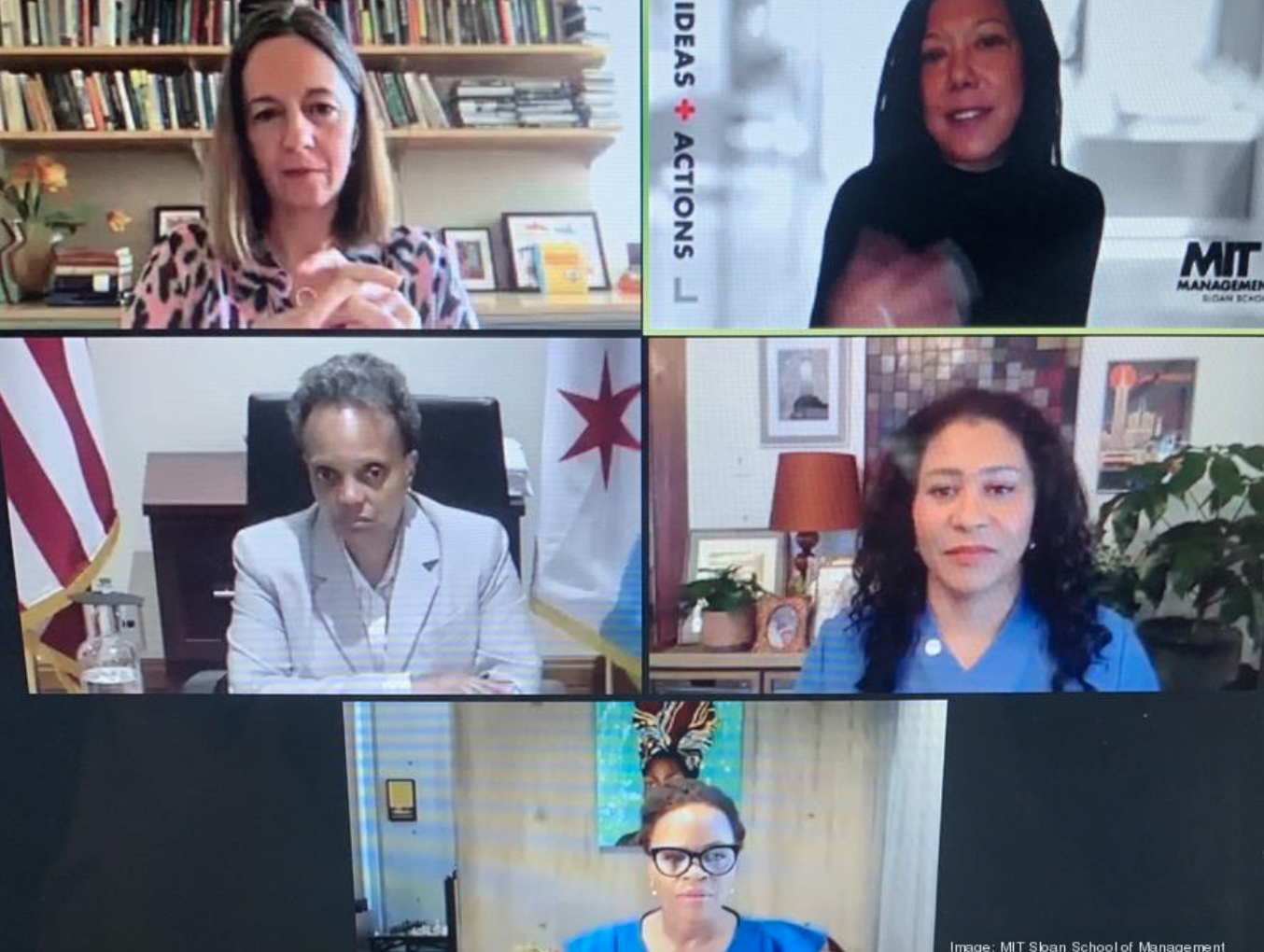
Boston Mayor joins panel
Discusses ‘creative innovation economy’
Startups owned by members of marginalized communities such as people of color and women, remain in need of capital and equitable help from government, according to a panel of mayors speaking at an MIT Sloan School of Management this week.
The panel of Black mayors included Acting Boston Mayor Kim Janey in a conversation on how leaders are creating inclusive innovation economies.
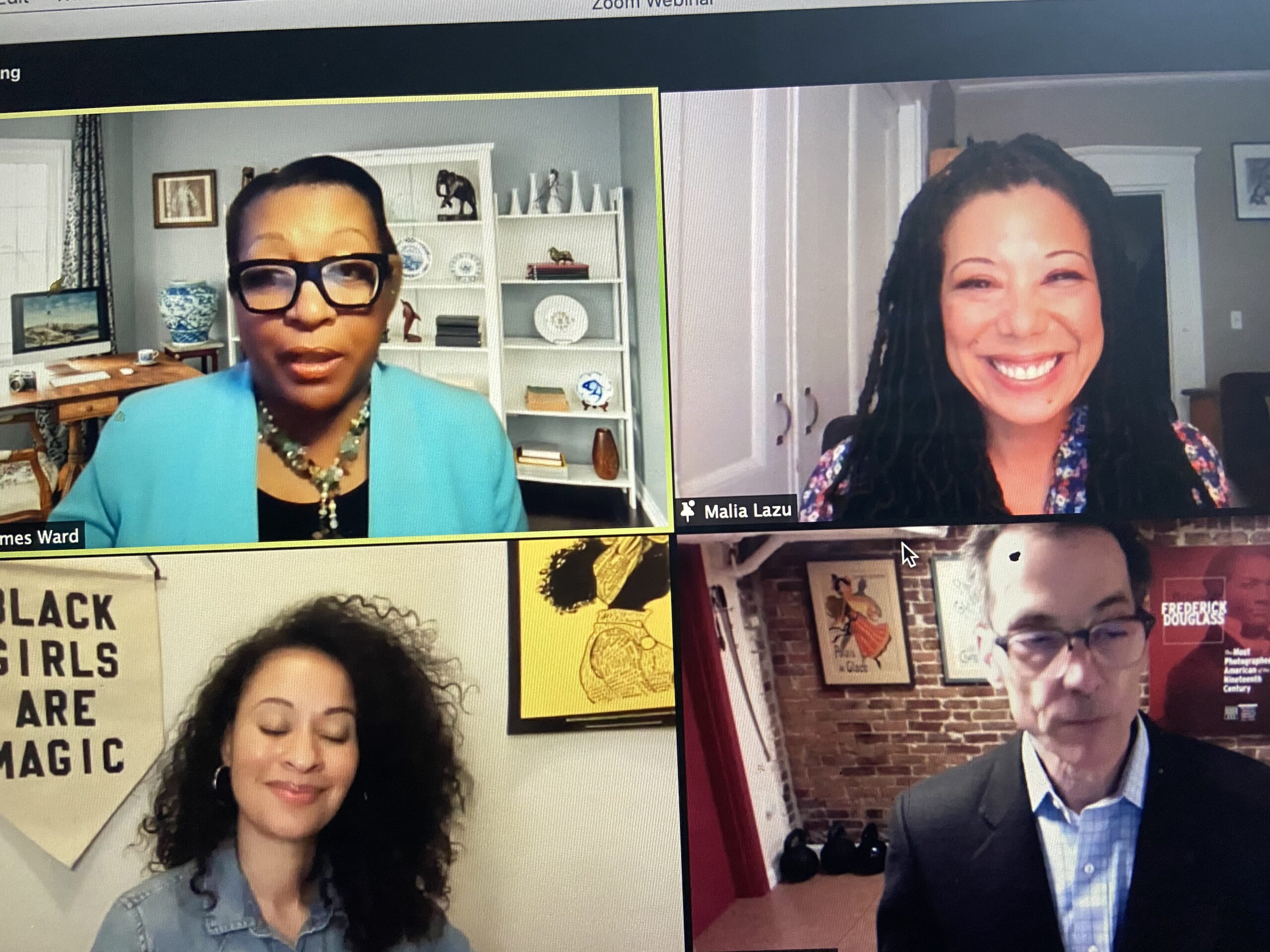
Recap: A community conversation
Advancing our journey to an antiracist America
I had the pleasure of sitting down with Karen Holmes Ward, WCVB Director of Public Affairs and Host of Cityline; Jenee Osterheldt, Culture Columnist for The Boston Globe; and John Stauffer, Professor of English and African American Studies at Harvard University for “A Community Conversation: Allyship and the Massachusetts 54th Advancing Our Journey to an Antiracist America.”
The conversation was both an honoring of the legacy of the Massachusetts 54th Regiment and Col. Robert Gould Shaw along with a reflection on the cultural shifts that have been taking place in our country. This conversation was to move us toward a space of more equity and justice – defining what it means to be an ally or accomplice; and examining how art serves a specific purpose in this process of building an anti-racist society.

MIT Sloan School of Managment
5 ways to close the tech industry’s race gap through education
How can technology and innovation become more inclusive? According to data from the U.S. Equal Employment Opportunity Commission, 83% of tech executives are white. Meanwhile, at Apple, 6% of the tech workforce last year was Black. At Google, just under one-quarter of interns were Black and Latinx, and 5.5% of new hires were Black.

Banker and Tradesman
It’s time to value women in the workforce
Three million women have left the workforce since the start of the pandemic, compared to 1.8 million men. In January alone, 275,000 women exited their jobs compared to 71,000 men, continuing this worrying large-scale exodus of women from the labor pool.
Many have begun speculating what this means for the economy and society. Vice President Kamala Harris has called it a national emergency and it is. Women create tremendous value for companies. Women in the workforce is not a nice-to-have, but rather is a must-have, for any company that values diverse thinking and experience – not to mention equality.

2021 Event Recaps
Our collaborative events
2021 is still in its infancy stage, but is already presenting itself as a year of culture shifting conversations and change.
If you are new to us as a Company, new to the conversation, or just interested in what we have been up to thus far, below is a full list of what has taken place. Stay tuned for the expansion and deepening of the conversation as we move through this year.

Financial Times
Employees step up pressure for corporate reform
Employees, inspired by investors, are increasingly calling for companies to address environmental, social and governance (ESG) problems.
The global pandemic, a divisive political environment and protests against racial injustice have highlighted workplace concerns, such as employee safety and diversity. Staff want employers to stand for certain values and will agitate when necessary, with many younger employees valuing purpose as well as pay.

Banker and Tradesman
Banks Can Leverage their Existing Infrastructure to Boost Equity
The median wealth of white families in America is 10 times higher than that of black families ($171,000 versus. $17,150) according to the Federal Reserve’s Survey of Consumer Finances. This wealth gap is not an outcome based on the failures of an individual or their community failures – minority markets have $3.9 trillion of spending power – but rather an outcome of 400 years of systemic exclusion.

American Banker
Want diversity? Move beyond your closed network
Excuse or not, the challenges of finding diverse talent are a reflection of the segregated country. While the quest for diverse talent seems quixotic, it’s actually a critical goal that reflection and strategy can solve — if it’s understood why it’s hard in the first place.
Unfortunately, some leaders in the banking industry and others have incorrectly claimed that a lack of diversity was due to not having enough diverse candidates.

Banker and Tradesman
Diversity is Not a Cost Center
Corporate social responsibility. ESG (environment, social and governance) ratings. Make no mistake, corporate America has taken notice of changing consumer and investor expectations. And customers are no longer satisfied with companies that destroy the planet or exploit their employees and supply chain while remaining silent on social issues. Miscues on social issues have become a huge reputation risk for any company.

American Banker
How banks can lead positive change
The banking industry – and community banks in particular – can play a leading role in bringing about sustainable change that allows everyone to be part of economic equality and closes the racial wealth gap. Malia Lazu, Chief Experience and Culture Officer at Berkshire Bank, a true 21st century community bank, is committed to serving all members of its diverse communities with socially responsible banking. Through personal stories and case studies, Lazu will share how her keen understanding of structural inequity and truth-telling insights about race, class, generation and gender has literally transformed how organizations, and the people who lead them, do their work in the world.

American Banker
How banks can lead positive change
The banking industry – and community banks in particular – can play a leading role in bringing about sustainable change that allows everyone to be part of economic equality and closes the racial wealth gap. Malia Lazu, Chief Experience and Culture Officer at Berkshire Bank, a true 21st century community bank, is committed to serving all members of its diverse communities with socially responsible banking. Through personal stories and case studies, Lazu will share how her keen understanding of structural inequity and truth-telling insights about race, class, generation and gender has literally transformed how organizations, and the people who lead them, do their work in the world.

Connect
© 2021 The Lazu Group. All Rights Reserved.
